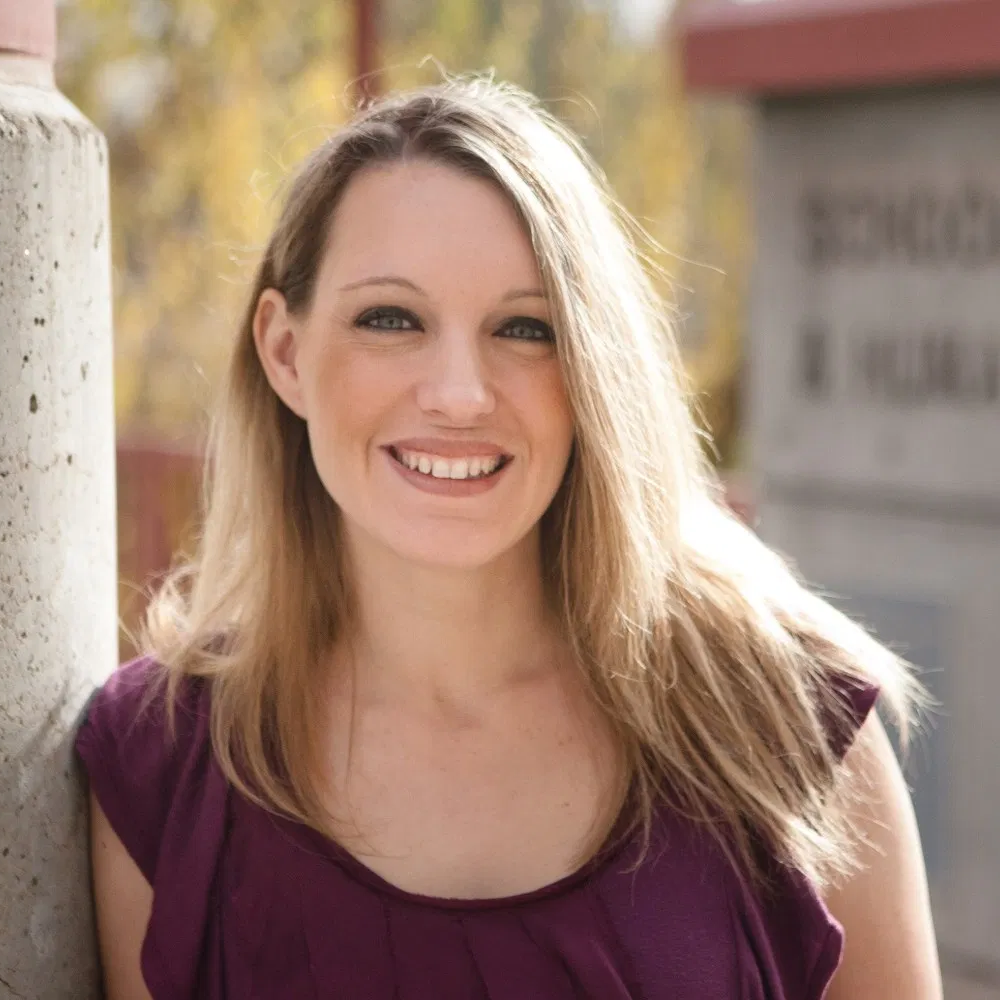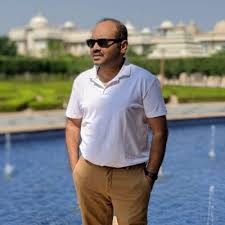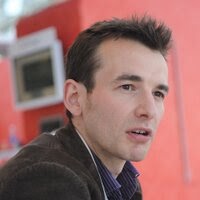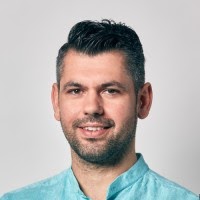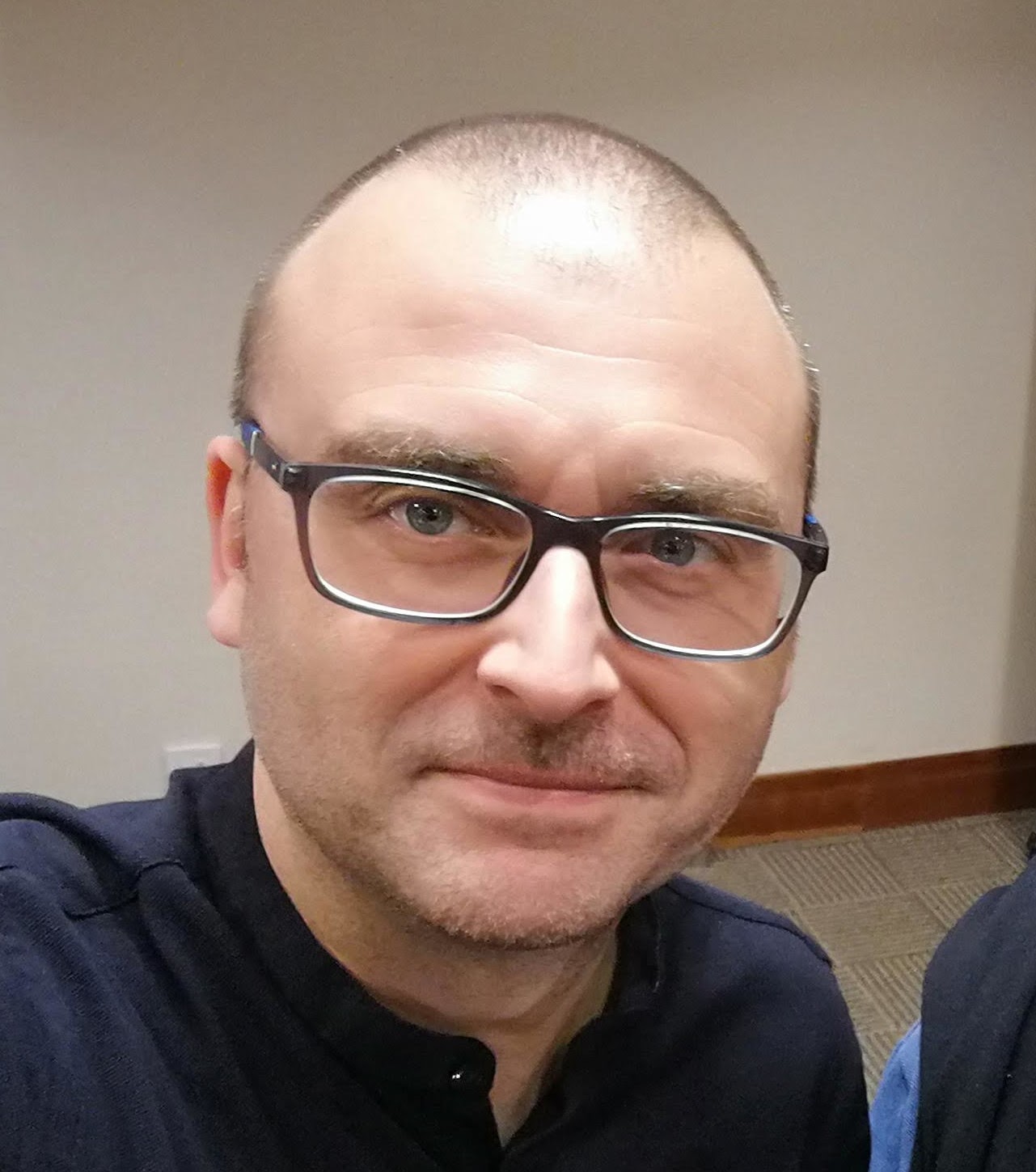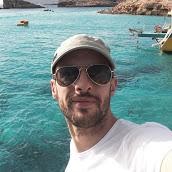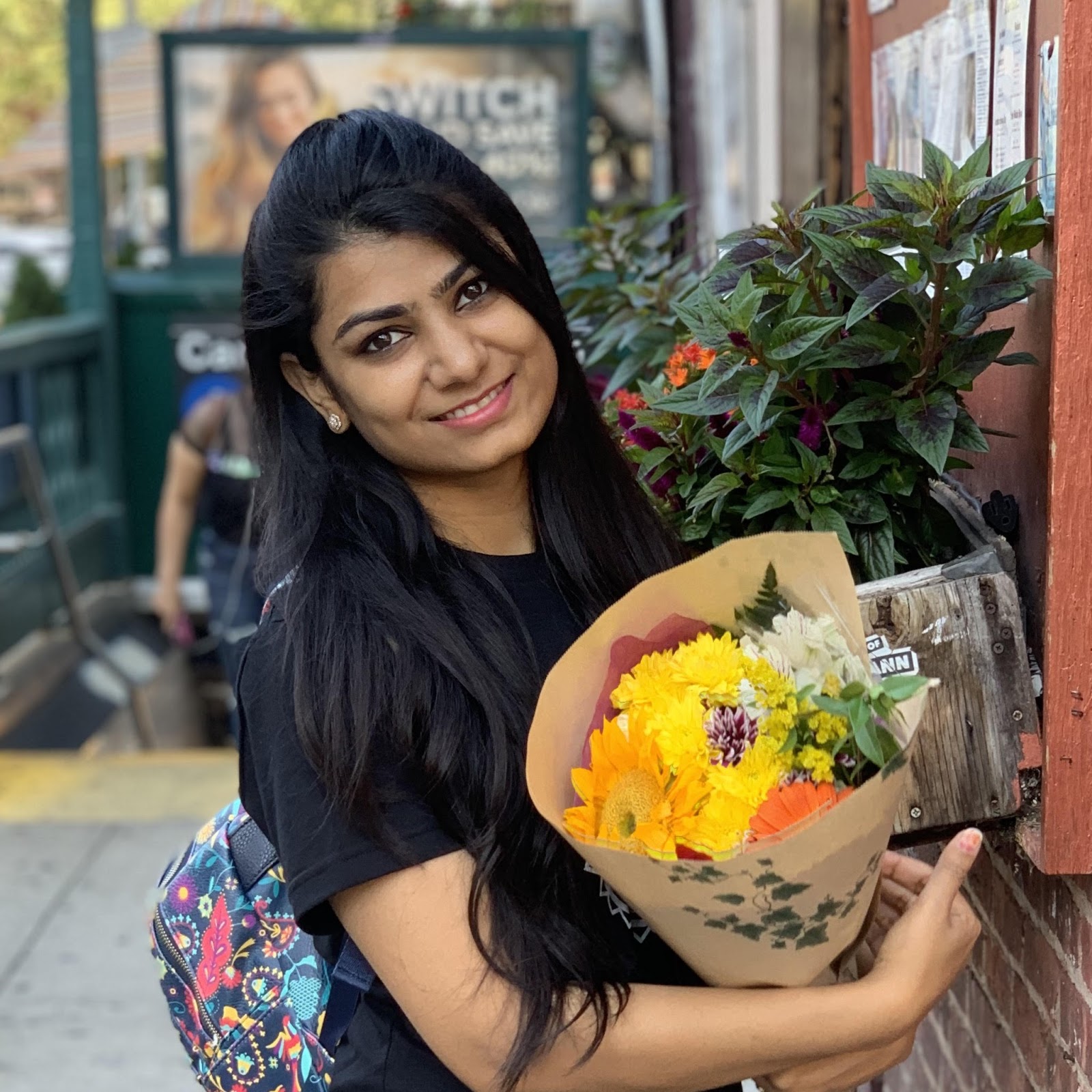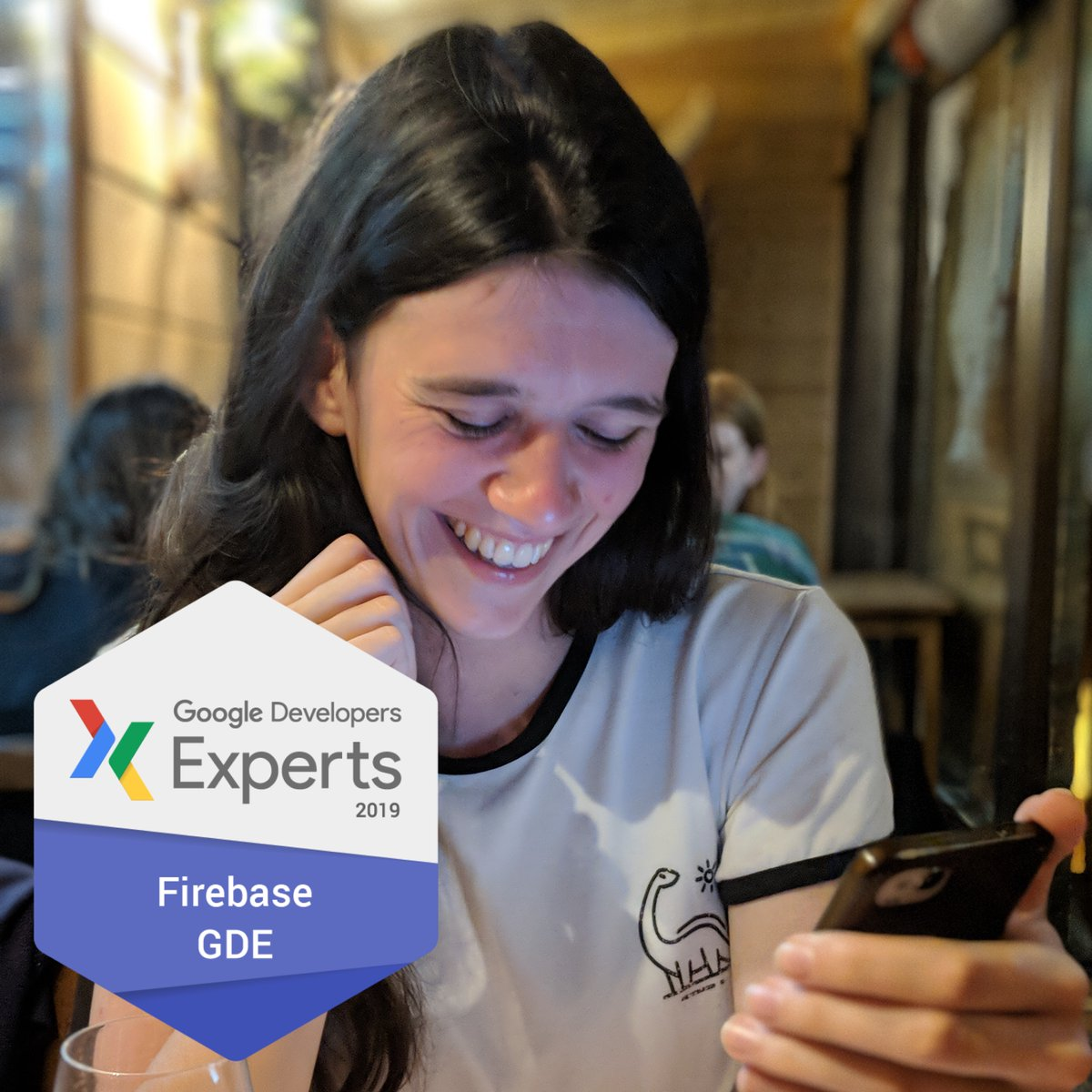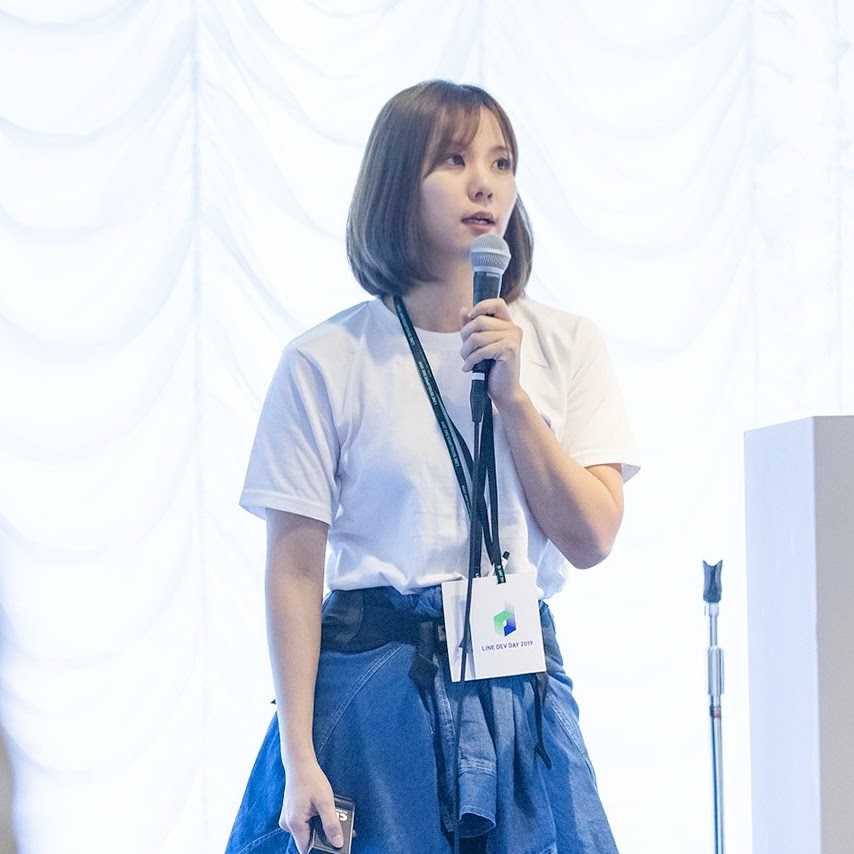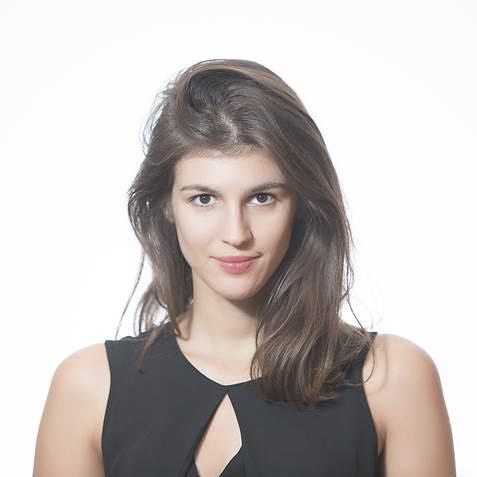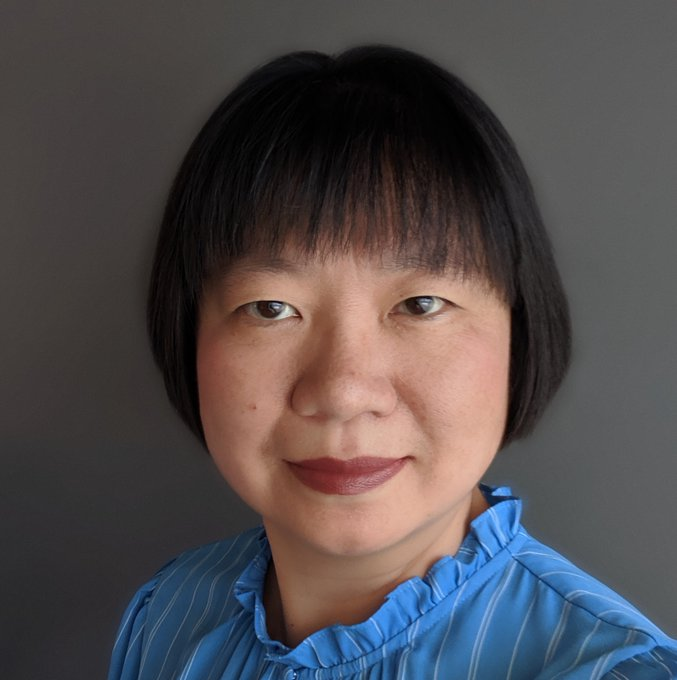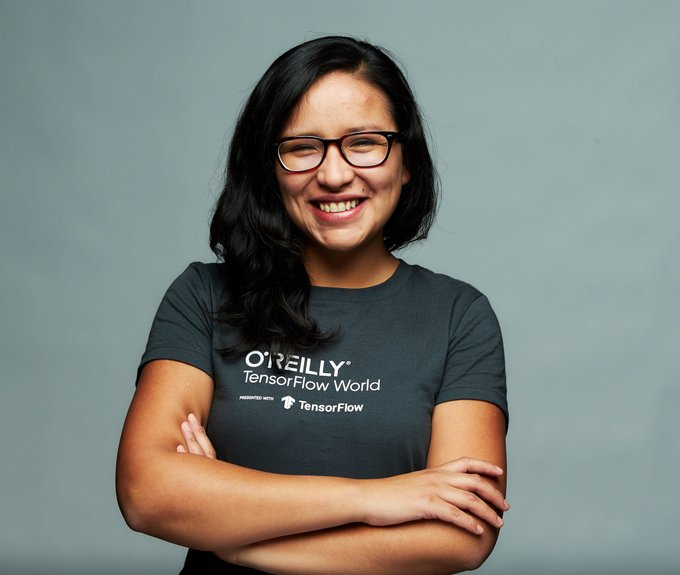
Posted by The Google Developers Team
Today we are celebrating International Women’s Day by highlighting a series of 21 tech trailblazers who are making significant strides in the developer community.
Many of the women we interviewed are directly involved with our educational outreach and inclusivity programs like Google Developer Groups and Women Techmakers while others are Google Developers Experts or Googlers who are doing amazing work around the globe.
While all of the women featured here have unique stories around their journey into tech, a commonality among all of them is the dedication to making the developer community more inclusive for all future generations of women to come.
We are honored to celebrate #IWD2021 with them.
Annyce Davis
Laurel, MD, United States ??
Android and Kotlin GDE
Photo of Annyce Davis
Tell us about your current role and a project you’re working on.
I work as Director of Engineering at Meetup. I'm currently working on moving our native applications into the future. It's exciting to take a product that I've used for so many years and help transform it into a modern application that millions of users rely on each day.
Tell us about your path into tech.
I think my path was pretty traditional. I've been interested in tech from a young age. I went to a Science and Tech high school and ended up getting my degree in Computer Engineering. But when I started out my career it was a slow start.
My first job out of college was as a Help Desk Technician. I managed to do that for 6 months before I realized that it wasn't for me and I needed to be coding. That's when I moved into Web development. From there, I spent a few years developing web apps and working on APIs. Finally, I found my true passion, Android development. I loved how I could write code that powered the tiny device I carried around in my purse.
What is one tip you would give your fellow women developers?
Grow your professional network early in your career. Spend time getting to know others in the industry. Establish your own "mentor" by reaching out and asking questions of others who are where you want to be. Having a network is invaluable. It exposes you to know opportunities and highlights areas for growth.
Florina Muntenescu London, United Kingdom ??
Developer Relations Engineer, Android
Photo of Florina Muntenescu
Tell us about your current role and a project you’re working on.
I’m an engineer in the Android Developer Relations team. I focus on architecture, Jetpack and Kotlin. I give talks, write blog posts and samples and provide feedback on our products.
Recently I worked on architecture guidance in Compose and on #AndroidDevChallenge
Tell us about your path into tech.
When I was 9 years old, my mom took me to computer classes (we didn’t have a computer at home back then) and I just loved it. That’s when I decided I want to “work with computers” when I grow up. I studied computer science in high school and university and in my last year of university, I got hooked on Android.
What is one tip you would give your fellow women developers?
You have something to say—share it with the world! Share your passions and be yourself. People will respond and can tell if you really care about something.
Huyen Tue Dao
Denver, CO, United States ??
Android and Kotlin GDE
Photo of Huyen Tue Dao
Tell us about your current role and a project you’re working on.
I am a senior Android developer working on the Trello Android app at Atlassian.
Tell us about your path into tech.
In high school, I dreamed of being a journalist. To graduate, we had to take one full credit of "technical classes." Since I wanted to be a journalist, I figured, "Hey, I'll probably be typing a lot. Let me take the typing class." Unfortunately, the typing class was just a half-credit so I needed one more class. Just because some of my friends were taking it, I ended up selecting "Introduction to Programming." That was the happiest happenstance. I fell immediately and deeply in love with programming. I kicked ass and afterward knew exactly what I wanted to do with my life. I majored in Computer Engineering at the University of Maryland and have never looked back.
What is one tip you would give your fellow women developers?
It can be tough but always ask questions. Ask questions when you need clarification. Ask questions when you don't agree with something. At the start of my career, I was deathly afraid of asking questions; I didn't want to seem incapable, and I didn't want to be "bothersome." Doing this, I missed out on so many opportunities and made things a bit harder on myself. Asking questions because you need clarification just makes sense and is necessary. For sure, sometimes people are not patient, but it's more important for you to get the information you need so you can do your best work. Asking questions because you don't agree with something can be really hard and may not always bring you the results that you want, but one of the biggest skills we have to constantly nurture as developers is critical thinking and the ability to communicate that thinking. Now that I'm a senior developer, I think I am most inspired and energized when other developers ask me great questions, clarifying or critical. It's not easy. It's often scary. It's a skill. But practice it and develop confidence in your right to ask questions.
Diana Rodríguez Manrique
Durham, United States ??
Firebase, Google Cloud, Google Maps Platform, and Web Technologies GDE
Photo of Diana Rodríguez Manrique
Tell us about your current role and a project you’re working on.
I’m transitioning between roles in developer advocacy. Currently working on many projects being one of them a diabetes monitoring tool with GPS tracking.
Tell us about your path into tech.
I started coding when I was 6 years old in a c64 and ever since then transitioned through different roles and languages being my strengths in infrastructure and Python. I’m a self taught developer with 20+ years experience
What is one tip you would give your fellow women developers?
Keep moving! Keep going forward. We have paved the way for other women to move forward and we need you!!
Laura Morinigo
London, United Kingdom ??
Firebase GDE
Photo of Laura Morinigo
Tell us about your current role and a project you’re working on.
I am a Web Developer Advocate for Samsung Research UK, therefore I work for developers. My projects include helping developers and entrepreneurs make better decisions around tech, especially the web, by creating resources and demos, spreading the word about best practices, speaking at events, and contributing to a more diverse tech scene.
Tell us about your path into tech.
I started during my early years and learned how to code during high school. Later on, I decided to study Software Engineering which led me to start working as a developer. At the same time - I was also teaching and getting involved with the tech community, participating in events which guided me to public speaking and creating resources so others can learn from my experience. Thanks to this contribution I became a GDE on Firebase.
What is one tip you would give your fellow women developers?
To my fellow women developers: Work on yourself, in discovering your inner worth and remove a lot of beliefs that society shows you. Surround yourself with people that support you during your journey, find your community, and once you get there, open the door to other women that need guidance.
Rihanna Kedir
Rome, Italy ??
Flutter GDE, Women Techmakers Ambassador, GDG Rome Co-Lead
Photo of Rihanna Kedir
Tell us about your current role and a project you’re working on.
Currently, I am working as a Software Engineer and I am so excited that a few months ago I joined the UN World Food Programme. Apart from that, I am GDE in web, Flutter and Dart, as well as a Women Techmakers ambassador and GDG organizer.
Tell us about your path into tech.
I ended up in the tech industry just out of curiosity. I always wanted to enroll in a scientific field. I grew up in Ethiopia and back in high-school I had very limited internet access and almost no information about Computer Science. As I graduated, I tried to enroll in the University, unfortunately, my Italian high school Diploma was not accepted in Ethiopian Universities back then.
My family was against me going abroad alone for studying. So I started working as an Accountant. Meanwhile, I took art and fashion design courses and started my own fashion business side by side. Once that I was economically independent I started to feel the urge to follow my dream, so I moved to Rome and started my computer science degree.
What is one tip you would give your fellow women developers?
Always stay passionate and never stop learning. You should always learn technical skills but you should keep in mind that soft skills are also important. Never be discouraged but try to expand your horizons as much as you can. At the same time, you should never compare yourself with others; focus on your own progress. Think about how much you’ve accomplished and where you want to go next. Always believe in yourself and speak up whenever you need to.
Mais Alheraki
Medina, Saudi Arabia ??
Flutter GDE
Photo of Mais Alheraki
Tell us about your current role and a project you’re working on.
I currently work as a lead developer in a tech startup, building a medical appointments application in Saudi Arabia, called Mawidy, all made with Flutter and Firebase, it helps patients get remote consultations with our doctors through the platform in voice and video. We also use Flutter web to give clinics access to all details of their doctors and provide appointments and services through the app, either remotely or by physical bookings.
We have over 3000 successful appointments, and counting, since we started, and we helped over 2500 patients get free medical consultations during the pandemic.
Tell us about your path into tech.
I was still in elementary school when my passion with computers started, I always knew I wanted to be in tech. My father was a programmer, I learned the basics when I was 14 y.o. After high school, I undoubtedly chose to major in IT, during college, I learned web development alongside UI design and built several small websites. I got to know Flutter & Firebase in a study jam in January 2019 and built my senior year project with them. Then I chose to continue diving deeper into application development, both as a UI designer and a Flutter developer, I released 2 free Flutter apps as personal projects in 2019 and still maintaining them, and got a base of active users.
Meanwhile, I helped in building the Women Techmakers community in Saudi Arabia, as a lead, organizer and speaker. We have helped thousands of women in the MENA region and Saudi Arabia to be more visible, learn more and get broader opportunities.
In the middle of 2020, I found my first job in tech, as a UI/UX designer. After that, within 3 months I got my current job as a Flutter developer.
What is one tip you would give your fellow women developers?
A tip I give to my fellow women developers is: have the courage to create your own opportunities, and never wait for it, build apps no matter how small they are, write tutorials, and teach what you learn.
Katarina Sheremet
Zurich, Switzerland??
Flutter GDE
Photo of Katarina Sheremet
Tell us about your current role and a project you’re working on.
I am a Google Developer Expert in Flutter and Dart, Women Techmakers Switzerland co-organizer, and Flutter Zürich Meetup co-organizer. I run my own company that is called FutureWare. I consult companies and Start-Ups about Flutter development, architecture, testing, and more. I also work on my own projects. One of the projects is Delern Flashcards. It is a mobile app that helps to learn anything, which is published on Google Play and App Store and has more than 3000 installs. I also organize events about technologies, gives talks, and writes articles about Flutter and Dart.
Tell us about your path into tech.
I started programming when I was 15 years old. My first programming language was Pascal. Since then, I fell in love with programming. I took part in the programming and algorithmic competitions and was also a prize-winner of regional competitions in Belarus.
What is one tip you would give your fellow women developers?
Enjoy what you are doing and be curious. It is very important to have fun and enjoy development. Curiosity will help you to dig deep into details. Knowing details is required to become an expert in your area.
Adriana Fernanda Moya
Bogotá, Colombia ??
Google Cloud GDE
Photo of Adriana Fernanda Moya
Tell us about your current role and a project you’re working on.
Currently I work in a company that is listed for the NYS, called Globant, my role is Cloud Engineer and from my position I am dedicated to supporting a global entertainment company in cloud architecture and the implementation of large-scale growth strategies for its applications around the world.
Tell us about your path into tech.
I started my career as a software developer where I had many challenges, I suffered from the imposter syndrome, I was also always the only woman on the team. I was fortunate to have a great mentor, who always inspired me to study on my own and thanks to him I was able to meet technology communities in my city, it was a great time in which I had moments of all kinds. After some years of work as a developer I decided to make the decision to change my career path and orient it towards Cloud Computing, I was very excited to be able to translate architecture problems into new opportunities for large-scale improvement, so I did it and I do not regret it.
What is one tip you would give your fellow women developers?
I would advise her not to be afraid to think big, every small step they take will lead them to their goal, do not feel intimidated but always think that they are strong and they are going to achieve it.
Luz Maria Maida Claure
Mexico City, CDMX, Mexico ??
Google Cloud GDE, Women Techmakers Lead and Organizer for GDG Cloud MX
Photo of Luz Maria Maida Claure
Tell us about your current role and a project you’re working on.
I'm a Software Engineer and right now I'm focused on an Ecommerce project. I take care about the web performance and infrastructure implementation using different Google Cloud Products, also I integrate analytic metrics from GMP to ensure that this measure is displayed in a way that the final customer can understand through different visualization tools.
Tell us about your path into tech.
I decided for this career when I was 7 years old, the first time that I saw a computer was while I was watching a TV show named "Where in the world is Carmen San Diego", from there the interest for the technology grew inside me, so in the college I decide to take programming lessons, with doubts but also with a lot of energy and passion to learn, I discovered my passion for the web development and infrastructure.
After the University I face different challenges, like being part of the only two women working in a company or having the Impostor syndrome while I was doing my activities, at the end, I understand that diversity is important inside the teams and don't give up no matter the circumstances. So with that in mind, I participated as a volunteer in a Women Techmakers event happening in Cochabamba, Bolivia. I'm very grateful for that experience because that allowed me to teach other people some concepts about Computer Science, and I felt awesome to help other women in the same field.
This experience encouraged me to send my first conference proposal to a Tech Conference, this action opened the door to meet more people with the same interests and also to take a look outside my country, I applied and was selected to be part of a Google Partner in Mexico City.
What is one tip you would give your fellow women developers?
Trust in yourself, for me is the most important thing! Even if you don't feel in that way or even in adverse circumstances, you need to be brave to create whatever you want and how far your imagination drives you, teach, share and don't forget to be happy.
Archana Malhotra
Sunnyvale, United States ??
Google Pay, Technical Engineering Manager
Photo of Archana Malhotra
Tell us about your current role and a project you’re working on.
I’m a technical Engineering Manager leading Google Pay Online Payments
Project. The current project I’m working on is to bring Offers to Autofill! It's about surfacing a user activated offer from the Google Pay app in Autofill. This helps the user identify and select the offer linked FOP (form of payment).
Tell us about your path into tech.
I was fascinated by computers at an early age, I started learning coding in elementary school and pursued my Bachelors and Masters in Computer Science.
What is one tip you would give your fellow women developers?
Carve out time from the busy schedule to add value to yourself. Block time on the calendar to stop, think and review and identify what you want to polish, learn, and apply.
Nalini Sewak
San Francisco, United States ??
Google Pay, Product Solutions Engineer
Photo of Nalini Sewak
Tell us about your current role and a project you’re working on.
I work as a Product Solutions Engineer in Google Pay. My role is an interesting mix of external and internal engagements which I love! I work directly with our partners (say Doordash or Lyft) to help them integrate with our APIs. These partners allow their users to checkout using Google Pay on their platforms. I also collaborate internally with our business development, product and engineering teams to ensure we can test, launch and support new features and scale existing products and processes so more developers can easily integrate with Google. I'm currently analyzing data to determine where developers drop off in our integration path to improve our offering.
Tell us about your path into tech.
I had a pretty cursory interest in tech during my high school years in India, and wasn’t certain it would be my path. My sister thought it would be a great fit for my skills and really encouraged me to pursue tech. Turns out she was right! I really enjoyed a user research course which motivated me to focus on user journeys in products, I was hooked! I immigrated to the US to get my MS in CS at Santa Cruz. It was incredibly fulfilling to do research and TA for amazing professors and I really thrived amongst the redwood forests. Go Slugs!
What is one tip you would give your fellow women developers?
Dont be afraid to ask questions or seem stupid, it makes you get stuck longer. Ask the questions, learn from it and you will be better faster! Create a network of people who support you that you can seek advice from, find mentors and sponsors in your career and you will progress more quickly. And be sure to extend the same advice or support to others who need it. Use your voice to bring your opinion into product roadmaps and strategy. After all, tech products need to be just as useful to women; nothing about us without us. We can drive systemic change and once we have critical mass in tech, it can be a green field for the next generation of women.
To stay updated on Google Pay technical updates, and news follow @GooglePayDevs on Twitter.
Rayan AL Zahab
Dubai, UAE ??
Google Workspace Product GDE, GDG Coast Lebanon and Women Techmakers Lebanon
Photo of Rayan AL Zahab
Tell us about your current role and a project you’re working on.
I am the founder and CEO of BambooGeeks, a startup with the aim to make the MENA region a tech talent hub by training fresh tech talents and startups on market relevant technologies (ML, AppScript,..) and methodologies (Design thinking, agile, devops,..) with a focus on communication skills and the power of the tech community.
I am also a Google Workspace GDE, the first female GDE in the MENA and have been one of the most active GDEs worldwide since 2019.
I am a Women Techmakers ambassador and Google for Startups Accelerator MENA lead mentor and trainer.
Tell us about your path into tech.
Building and creating has always been a passion of mine. Inspired by my father, I wanted to be an electrical engineer, but then grew an interest in computers and decided to go for software engineering as it was more suitable for a woman for my family.
I started working since my second year university and was always fond of the tech ecosystem based on open source and community, made sure to participate in every event and hackathon no matter how far from my city it was.
I started my career in Lebanon in data entry and QA as an intern, then became an application developer and worked for several companies including Delteck and UNICEF innovation Lab before moving to Dubai to join McKinsey & Company as a senior digital consultant. At McKinsey, I was an Agile trainer and product management adviser where we worked with government entities and banks across the Gulf.
In early 2020 I decided to take a leap of faith and start BambooGeeks only a month before the pandemic! Considering we provide in person bootcamps and trainings, we had to pivot. We restructured all our training and materials to be completely online and launched.
In less than a year we have trained over 200 startups on design thinking from all MENA and 800+ individuals on Employability skills, Agile Development and Design thinking with a target audience of DSC leads, GDG members and Women Techmakers Ambassadors.
What is one tip you would give your fellow women developers?
Early in my career I have been told to be realistic and lower my ambitions because being a hijabi woman in Tech imposes limits on what I can achieve in the field. They said look around it isn't possible, you will never find a successful hijabi woman in tech.
And it was true, there wasn't anyone who looked like me, and it was true I got rejected for countless jobs because I'm a woman and a hijabi, and was asked to remove my hijab for other jobs.
But, I never looked at it as a barrier! With every rejection I was grateful for my hijab and for being a women, they acted as my personal "sexism and religious discrimination" sensor which protected me from working in a culture that doesn't fit my values.
There is no ceiling for your dreams! Dream as big as you wish, and you have the right to maintain all your values!
And When you don't find the role model to look up to, be that model for future generations.
In addition, Being a women in tech comes with many challenges, fortunately for us today it also comes with few extra opportunities, Tech companies understood the need of women in the industry and are creating programs and initiatives to support you, such as the Women Techmakers from Google, the TechWomen exchange program from the state friends and many others.
Seek these opportunities! Leverage the community.
Cleo Espiritu
Vancouver, BC, Canada ??
Google Workspace GDE
Photo of Cleo Espiritu
Tell us about your current role and a project you’re working on.
I'm a Technical Product Manager at Plenty of Fish for the Platform and Payment squads, where we design and build the infrastructure, libraries and backend services that keep our apps running smoothly for our members. Recently we've launched our CRM (Customer Relationship Management) services which expanded our capabilities and significantly reduced our development time to engage and communicate with members through multiple channels.
Tell us about your path into tech.
Going into high school, I randomly chose a computer programming course despite knowing nothing about it at the time. That led to me learning HTML to make websites on my own, as well as a summer research job with the Computing Science department at the University of Alberta. I decided to keep at it, got my degree in Computer Science, started as a developer and was fortunate enough to have the opportunities to experience different roles in software development, such as UI designer and Product Manager.
What is one tip you would give your fellow women developers?
Learn to recognize your strengths and build your confidence around it. Also learn to recognize your weaknesses and gaps, and see those as opportunities to grow and learn.
Alice Keeler
Fresno, United States ??
Google Workspace GDE
Photo of Alice Keeler
Tell us about your current role and a project you’re working on.
Along with teaching geometry, I create innovative solutions for teacher workflows that save them significant time and/or allow teachers to use workspace more effectively with their students.
Tell us about your path into tech.
I got into tech because as an educator, I am always excited to find new ways to make learning more awesome! Messing around with new tools that can, increase engagement, spark curiosity, foster collaboration, or increase efficiency is always something that I dive into. Over time I found the joy of coding those tools myself, to make them even better.
What is one tip you would give your fellow women developers?
Don’t be afraid to fail often! Failing and making mistakes is where the learning magic happens.
Louise Macfadyen
Portland, United States ??
Design Advocate
Photo of Louise Macfadyen
Tell us about your current role and a project you’re working on.
I recently joined the Material Design team as a Design Advocate, so a lot of my work involves connecting with the design community and helping designers and developers create beautiful experiences using Material.
I’m currently recording a video series called Material Made which highlights the three winners of the Material Design awards. We just wrapped up an episode which will feature Epsy, who won the award for Material Motion. Their app aims to better the lives of those living with epilepsy, and the episode highlights how they guide users through critical tasks to better their quality of life, like logging triggers, taking medication, and reducing the feeling of isolation. We talk about how they use motion stylistically as a component of their brand expression, while also providing users with a great, meaningful experience.
Each episode dives into the way the experience was brought to life with Material Design, and we also speak to the designers who worked on the projects to hear more about their process. There will be three episodes in total, and they’ll be coming out this year - stay tuned and check out the Material Design YouTube channel here.
Tell us about your path into tech.
I graduated with a degree in English, so I thought I’d go into publishing or journalism. But this was 2012 and none of those jobs existed any more, so I ended up teaching myself how to code Wordpress sites.
I started freelancing for small galleries and studios and eventually realized that I was more drawn to the design side. I sort of pieced together a design education from a number of sources, and made a portfolio. I eventually got my foot in the door at a small shop, and everything went from there.
Working at Google was a long time aspiration, as the initial launch of Material Design guidance showed that orgs were opening the door for people like me, with non-traditional backgrounds, to benefit from their design systems and research. It’s what makes me excited to connect with other designers and developers to support them and give them a voice that previously they hadn’t had.
What is one tip you would give your fellow women developers?
For a long time, I think careers have been perceived in a linear way, as a slow climbing of the stairs up to seniority. My career hasn’t been like that, and I feel like largely the nature of the “career” is changing.
There’s less of a sense of climbing towards that north star. Instead I associate much more with this feeling of being in a forest, observing the abundance around me, tending to my skills and interests and seeing where that path leads. I find it’s important to always have an open mindset. And wear sensible shoes ?
Yasmine Evjen
San Francisco, United States ??
Lead, Material Design Advocacy
Photo of Yasmine Evjen
Tell us about your current role and a project you’re working on.
I lead the Material Design Advocacy team at Google. We’re a team of designers and developers helping others build beautiful, human-centered experiences with Material Design.
Material is a design system, created by Google and backed by open-source code, that helps teams build high-quality digital experiences. My team helps designers and developers build with our guidelines, code components, and tools through education, resources, and hands-on partner engagements. Some days are spent writing blog posts, creating a talk, or filming for our YouTube channel. Other days are spent creating resources, such as interactive examples and tools to help make it easier to build beautiful UI on Android, the Web, or Flutter. We also work directly with external partners and internal teams across Google to help them implement and gain actionable feedback on how we can improve. And we get paid to tweet.
Tell us about your path into tech.
When I was in college I took a Flash class because I needed to complete a computer science course prerequisite, and my instructor said, “You’re really good at this, have you considered this as a career?” I did some research and learned about web development, which led to me pursuing a career as a front-end web developer, and later evolved into designing apps as a UX designer.
I’ve always been a huge fan of Android, and as an app designer, Material Design has always been a dream of mine to work on. My Google journey started with a podcast which focused on Google and Android. We talked about new products and technology coming out of Google and what we could do with it. Starting the podcast gave me an opportunity to communicate and connect with the community and be able to use my design expertise - that's what landed me in my role as a Design Advocate which later evolved into managing a team of developers and designers advocates.
Material Design is there to help both designers and developers to build beautiful digital experiences, and I look forward to continuing the exploration with my team to learn how we can bridge the gap between design and development.
What is one tip you would give your fellow women developers?
Don’t allow yourself to be limited or solely defined by a job title. Design, development, and other roles in tech are so entwined where you don’t have to be one specific thing in order to be successful. Starting off as a front-end developer, and evolving into a UX designer led me to the question: What exactly is my path? A developer or a designer? While keeping my path open to possibilities, my path has led me to a unique position where I can manage both developers and designers. If you’re leading a team like Material Design Advocacy - both are needed. If I could tell developers one thing, it would be - don't be afraid to get into the design details, and for designers the same - don’t be afraid to code. The more we can work together and demystify our roles, the better experiences we can create because we’ll be less focused on what our role is and more focused on delivering something beautiful.
Lea Truc
Atlanta, United States ??
Women Techmakers Ambassador
Photo of Lea Truc
Tell us about your current role and a project you’re working on.
I lead Women Meet Tech, a STEM program funded and endorsed by the U.S. Consulate General - Ho Chi Minh City around tech and women empowerment. I’m also a Women Techmaker ambassador with technical knowledge in front-end development, co-leading Google Flutter community in Sydney and a former mentor at Women Developer Academy by Google Developers.
Amidst COVID-19 pandemic, I have builded a pilot GP-Patient Support platform to provide easier access to medical reference info for patients while assisting social-distancing in clinical visits in Australia.
I’m very glad that my works have inspired young professionals in multiple tech seminars, hackathons and international collaborations in Singapore, Malaysia, Australia, the US and Vietnam.
Tell us about your path into tech.
A college professor in Boston turned tech advocate. I once was told I would never be successful if pursuing my path in tech. I proved that wrong. That’s why I want to inspire others to have the courage to overcome social pressures, fears, obstacles to pursue their own path. I want to empower many other women and minorities through technology and education. I’m a strong believer that a person’s capability is not based on the gender one was born with.
What is one tip you would give your fellow women developers?
'What I cannot create, I do not understand.' - Richard P. Feynman.
Don’t be afraid to get your hands dirty. Just try, fail a lot, and be persistent. That’s how you can understand things at the core. That’s how you can grow.
Margaret Maynard-Reid
Seattle, United States ??
ML GDE, GDG Seattle Lead, Women Techmakers Seattle
Photo of Margaret Maynard-Reid
Tell us about your current role and a project you’re working on.
I’m an ML research engineer and avid artist - check out my artwork made with traditional, digital and AI tools. One community project that I’m currently working on is to help launch the ML GDE (Google Developer Experts) YouTube channel with my fellow ML GDEs. Be sure to subscribe to our channel which will be launched soon with unique content created by ML GDEs worldwide.
Tell us about your path into tech.
Most of my career has actually been in the tech world. Starting from a business background with an MBA, my journey goes from managing software development releases, to Android application development, to ML research and engineering, to becoming an artist. Instead of a linear path, I have shifted my career a few times in pursuit of my various passions.
What is one tip you would give your fellow women developers?
My one tip for developers in general is - it’s never too late to learn anything! Put your mind into it and you can become an expert at it one day. Read a book, take an online class, learn from your colleagues and friends. Sharing your knowledge is also a great way to learn: give a talk, write a blog post or contribute to an open-source project. Never be afraid of being a beginner, keep learning, and you may discover a talent you never realize that you have.
Bianca Ximenes
Recife, Brazil ??
Machine Learning GDE
Photo of Bianca Ximenes
Tell us about your current role and a project you’re working on.
I am a Product Manager in Artificial Intelligence at Gupy, the biggest HRTech in Brazil.
Right now, the project that excites me the most is the integration of a Deep Learning model for Named Entity Recognition (NER) to our Machine Learning stack, which will allow us to help companies write higher quality job descriptions focused on the candidate, and help candidates upskill by suggesting related content to the expertise they have and positions they want to achieve.
Tell us about your path into tech.
I started out in Economics, where I got a solid formation in Mathematics, Statistics and analytical thinking. I loved all things Economics, but felt that job opportunities didn't really demand a lot of my skills, and as a person I wasn't as valued in companies where I worked, compared to my friends who were in Computer Science.
I started working in small startups and the idea of Agile, continuous improvement, and development projects really resonated with me. I liked having a finger in every pie, because I am quite curious and like understanding (and explaining) how things work. So I decided to do an MSc in Computer Science to acquire some technical skill and understanding. After that, I worked managing projects that ranged from mobile development to augmented reality, until I finally realized I really liked making Products more than Projects, and since I had an extensive background building products and managing startups, I became a Google Developer Expert in Product Strategy. A little while later, I started my PhD in Computer Science, also working for a startup where I saw up close the challenges and excitement of AI projects in real life, as well as the dilemmas of building AI applications that made decisions for thousands of people.
Working with Machine Learning allowed me to use the mathematical and statistical foundation I had, and I started researching Ethical Machine Learning, eventually migrating to the Google Developer Expert program in Machine Learning and joining Gupy and a specialized Product Manager focused on AI - something I want to do for life. That way, I was able to bring together all of my career passions: Product, AI, research, and being an active part of the developer community.
What is one tip you would give your fellow women developers?
In Tech, no-one's path is like any other. We have more liberty to change and innovate, and everything can have an impact really quickly. So always be mindful of what you're doing or your responsibility, and try as best you can not to compare what you do and your path with others'. Tech is everywhere, we do so many different and exciting things! Find a way to deliver value that works for real people and make it your own. Be proud of your history (:
Sharmistha Chatterjee
Bengaluru, Karnataka, India ??
Machine Learning GDE
Photo of Sharmistha Chatterjee
Tell us about your current role and a project you’re working on.
I work as a Senior Manager of Data Sciences in Publicis Sapient. I am currently working on different algorithms for Ethical AI solutions, one of which is Federated learning.
Tell us about your path into tech.
Starting from my school days, I have always been curious about Programming Languages like Basic and Logo, and used to try out new kinds of stuff. In those days (25 years back) the computer was just getting introduced in very few schools. Even during my high school and college days, I tried to build my own projects like A User Interface for a Retail System, an Interactive Quiz Simulator, and so on. I remember the days when there were no python libraries and instead I had to code libraries using C/C++ for my thesis.
The curiosity to solve unsolved problems, and the desire to wait and see new results coming up, have always kept me going and motivated to transfer this characteristic to other women. Hence blogging (my own platform techairesearch.com), and giving talks in meetups or conferences energizes me and helps me to learn and evolve in the process.
What is one tip you would give your fellow women developers?
Always ask why and be bold to question, and showcase your talent by giving talks, participating in hackathons, open-source projects.
I think it's time to give back to the community by mentoring more young women who can get more visibility and become leaders in STEM. As women's representation in STEM is lacking, this is a great avenue to encourage young talented women to showcase their skills in different technologies (Android, Web, Flutter, AI, Cloud, etc) and become experts and gain visibility in the tech community. Once they become more active in open source contributions, giving talks, and blogging, other career paths for progression would automatically open, which would enable them to become recognized leaders in their domain. Since Google is already providing an avenue to young women to seek mentorship and become experts, it's time that women feel highly encouraged and come forward and make the best use of it.
Interested in becoming a part of the Google developer community? Here’s more information on the programs we’ve shared above:
The Google Developer Groups program gives developers the opportunity to meet local developers with similar interests in technology. A virtual or in-person GDG meetup event includes talks on a wide range of technical topics where you can learn new skills through hands-on workshops. The community prides itself on being an inclusive environment where everyone and anyone interested in tech - from beginner developers to experienced professionals - all are welcome to join.
Join a Google Developer Group chapter near you here.
Apply to become a Google Developer Group organizer here.
Follow Google Developer Groups on Twitter here.
Subscribe to the Google Developer Groups YouTube channel here.
Founded in 2014, Google’s Women Techmakers is dedicated to helping all women thrive in tech through community, visibility and resources. With a member base of over 100,000 women developers, we’re working with communities across the globe to build a world where all women can thrive in tech. Our community consists of over 1000 Women Techmakers Ambassadors across over 100 countries. These Ambassadors are the north star of our movement. They are leaders committed to their communities, using Women Techmaker resources to build space and visibility so that all women could thrive in tech.
Become a Women Techmakers Member here.
Follow Women Techmakers on Twitter here.
The Google Developers Experts program is a global network of highly experienced technology experts, influencers and thought leaders who actively support developers, companies and tech communities by speaking at events, publishing content, and building innovative apps. Experts actively contribute to and support the developer and startup ecosystems around the world, helping them build and launch highly innovative apps. More than 800 Experts represent 18+ Google technologies around the world!
Learn more about the Google Developers Experts program and its eligibility criteria here.
Follow Google Developers Experts on Twitter here and LinkedIn here.

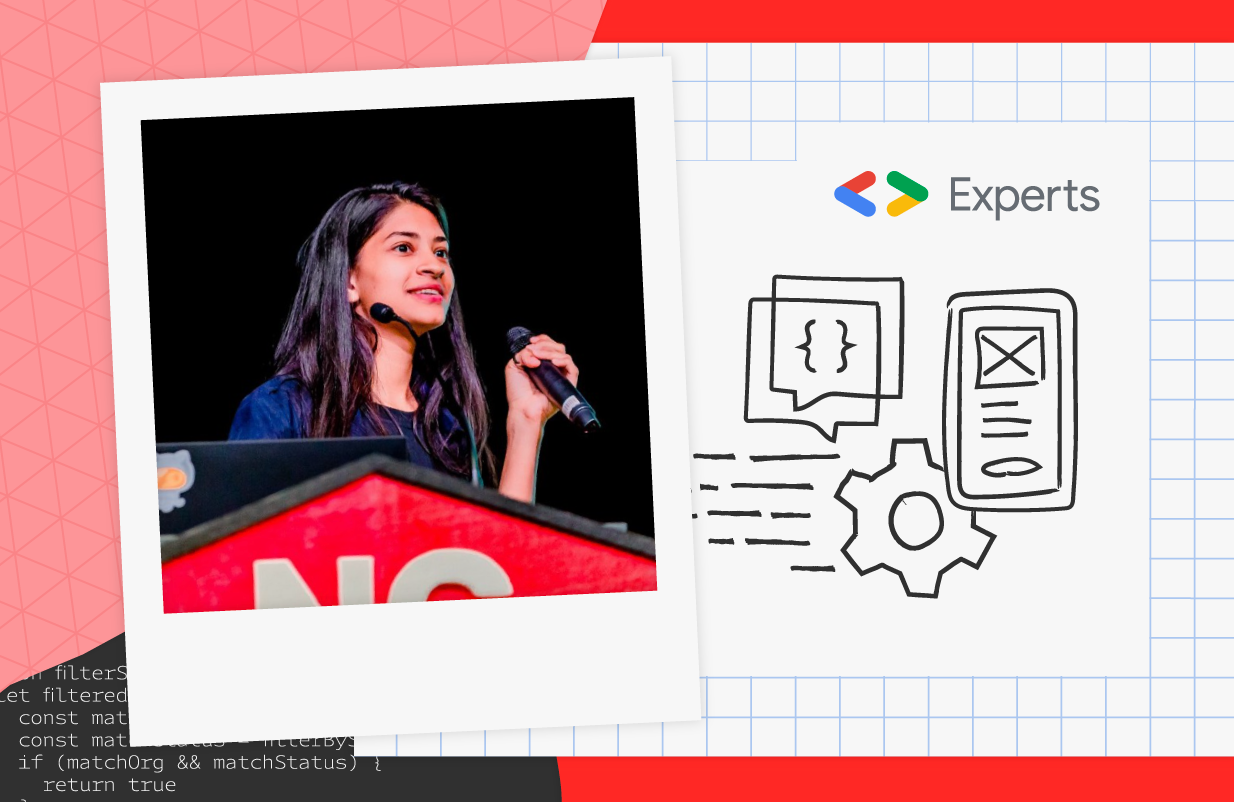



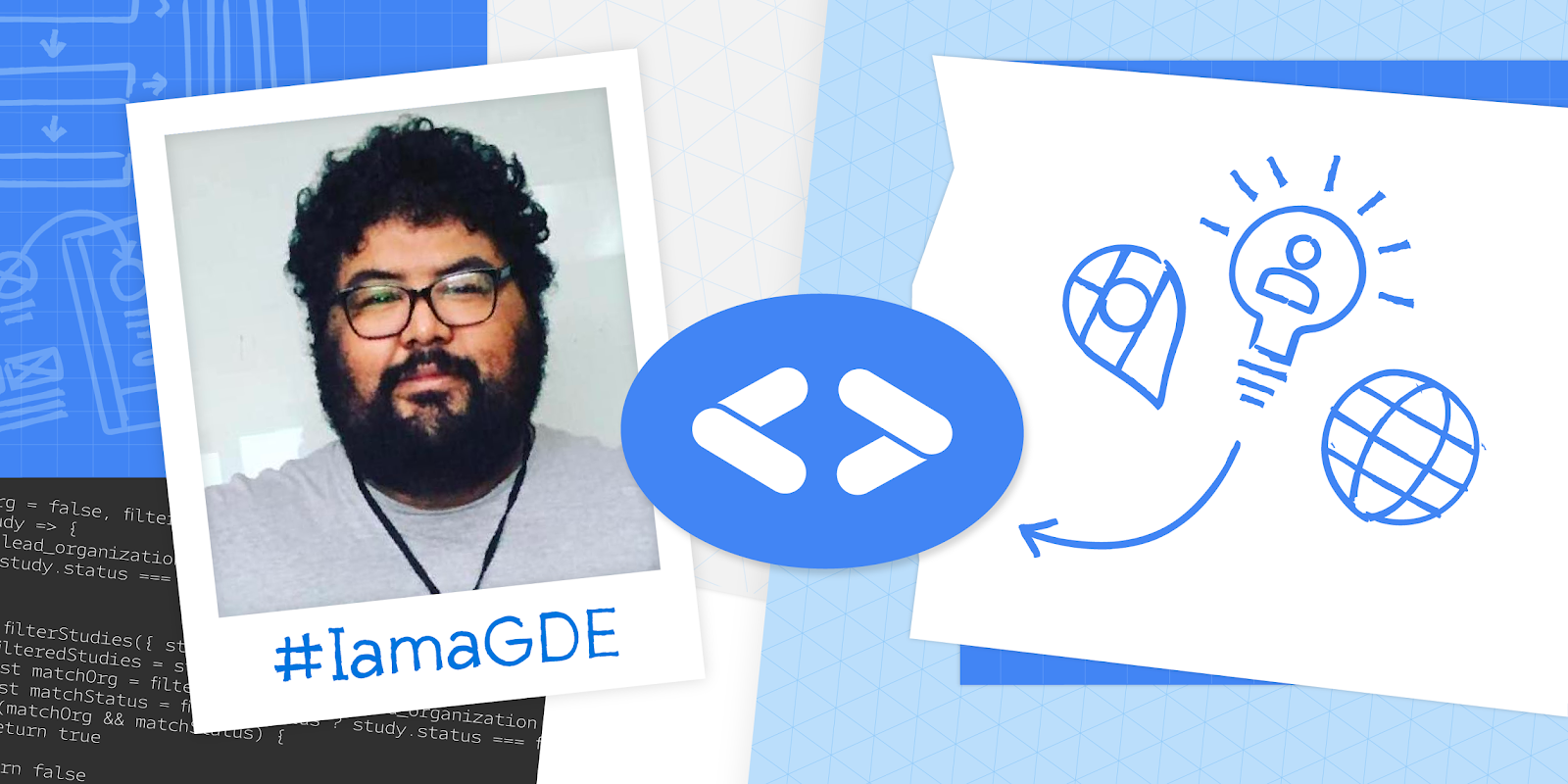


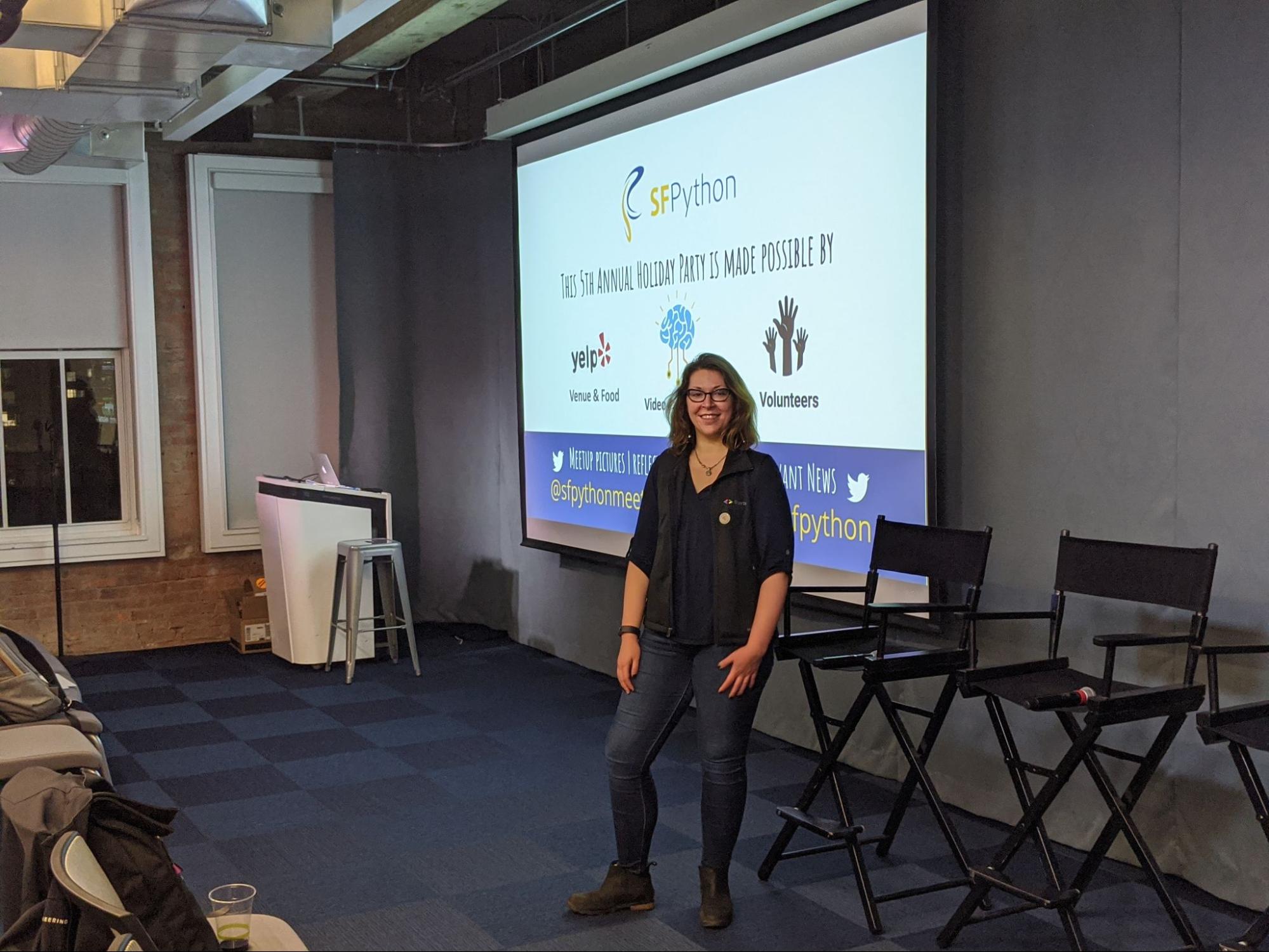
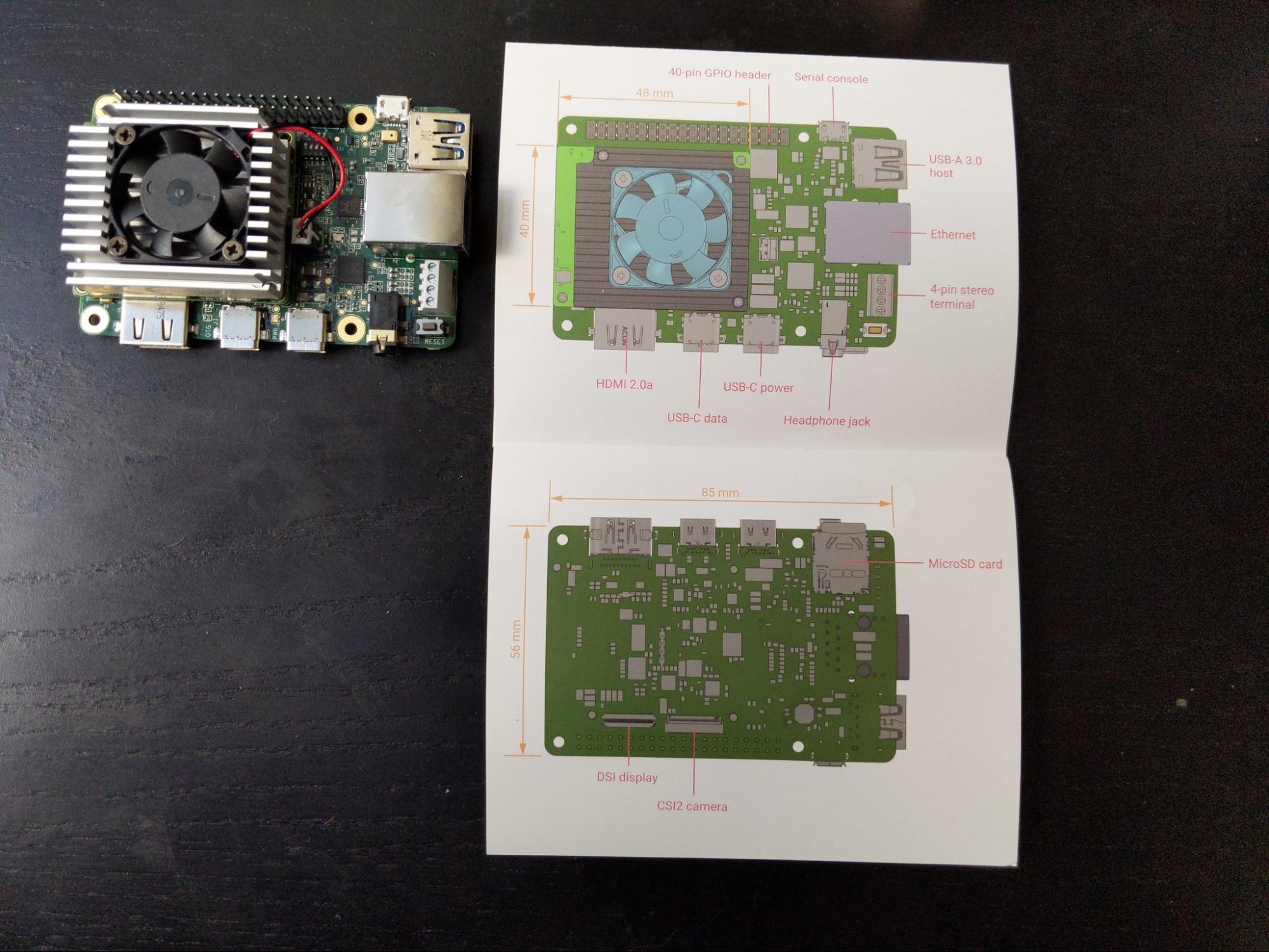
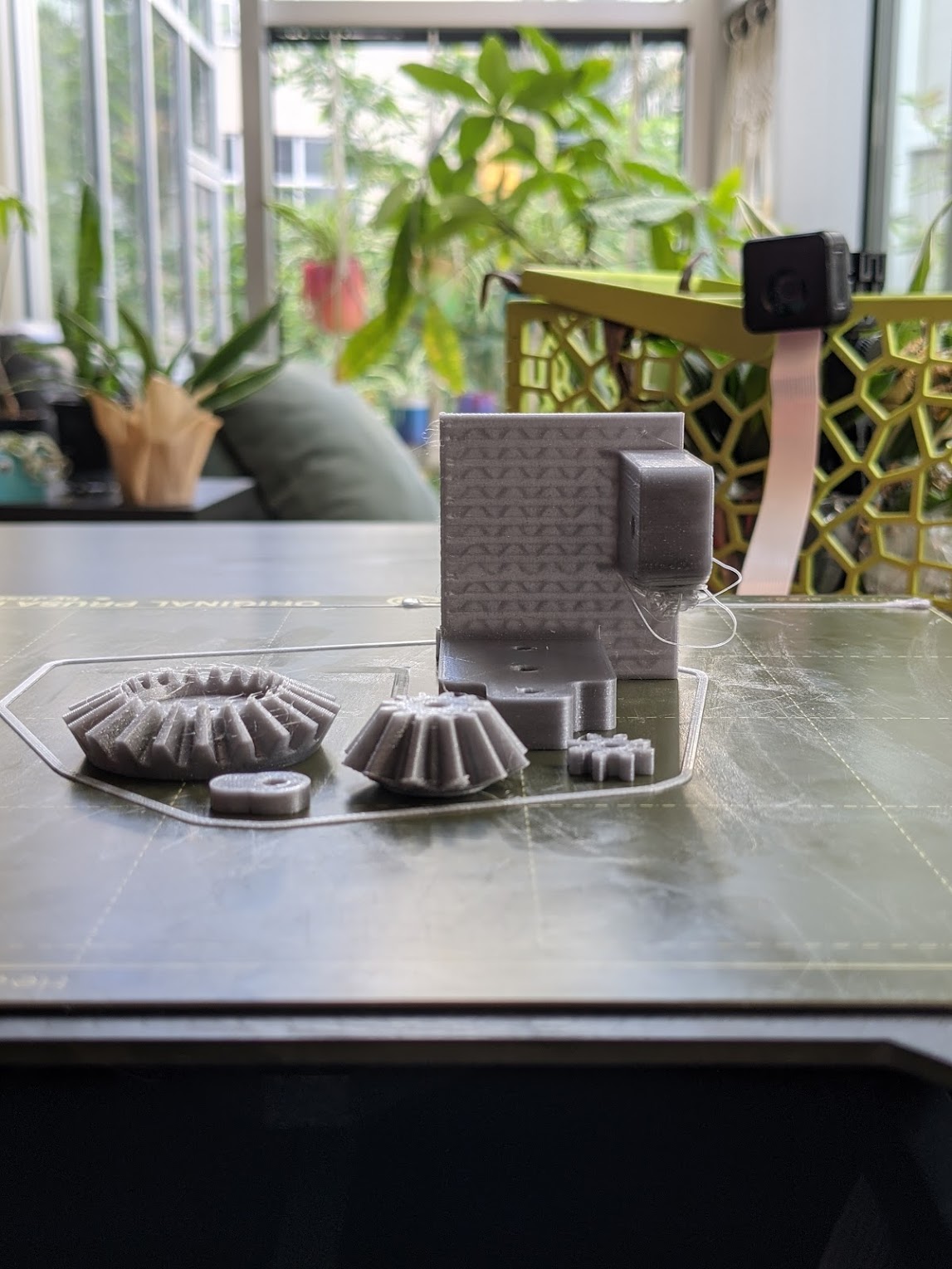
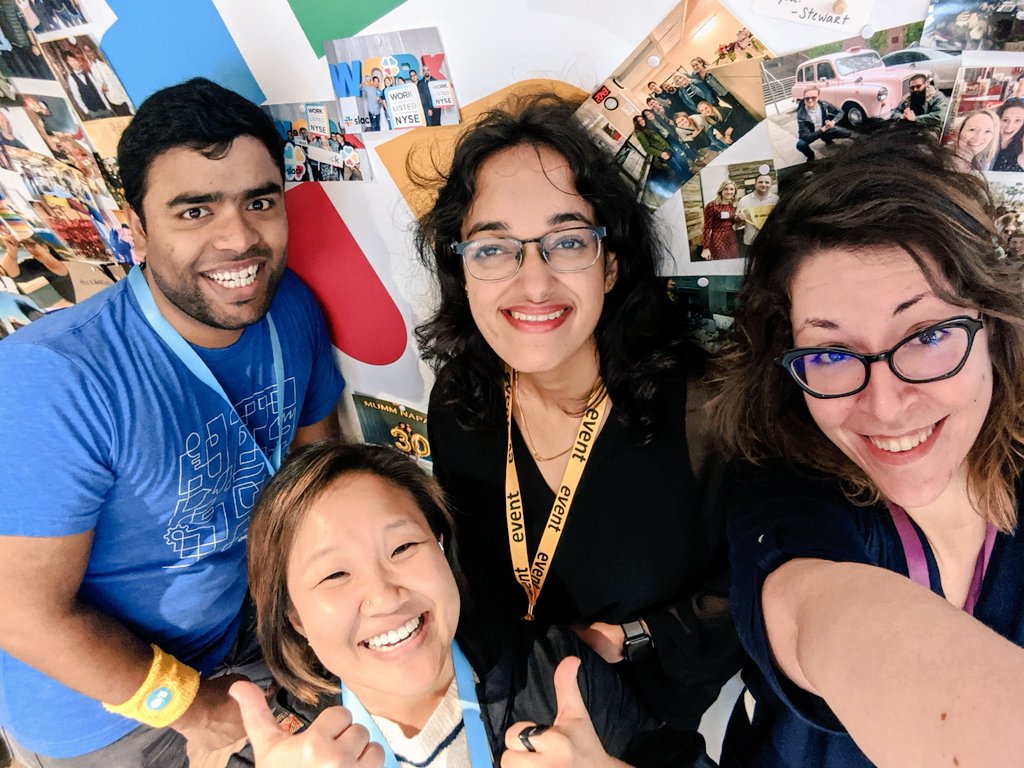


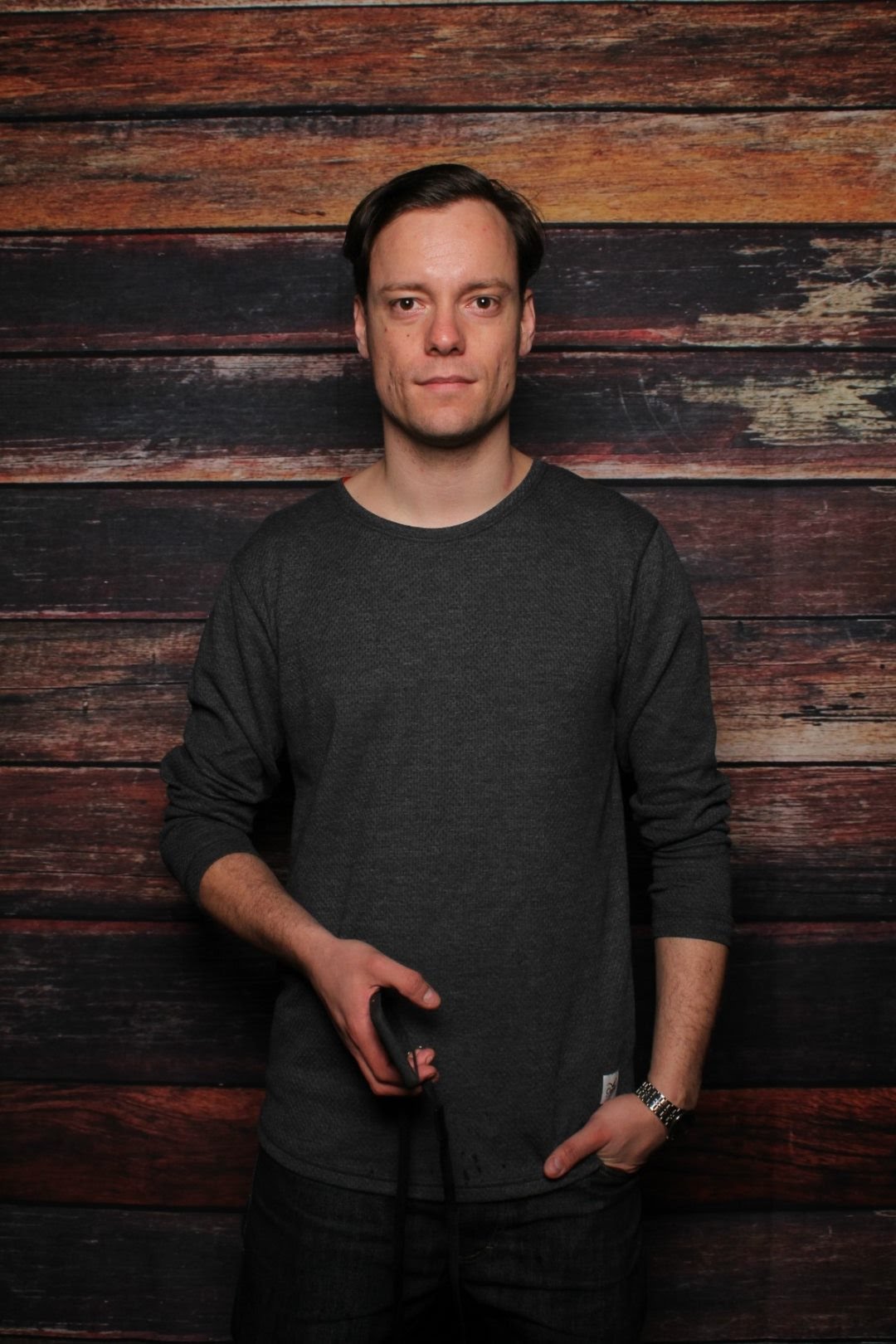




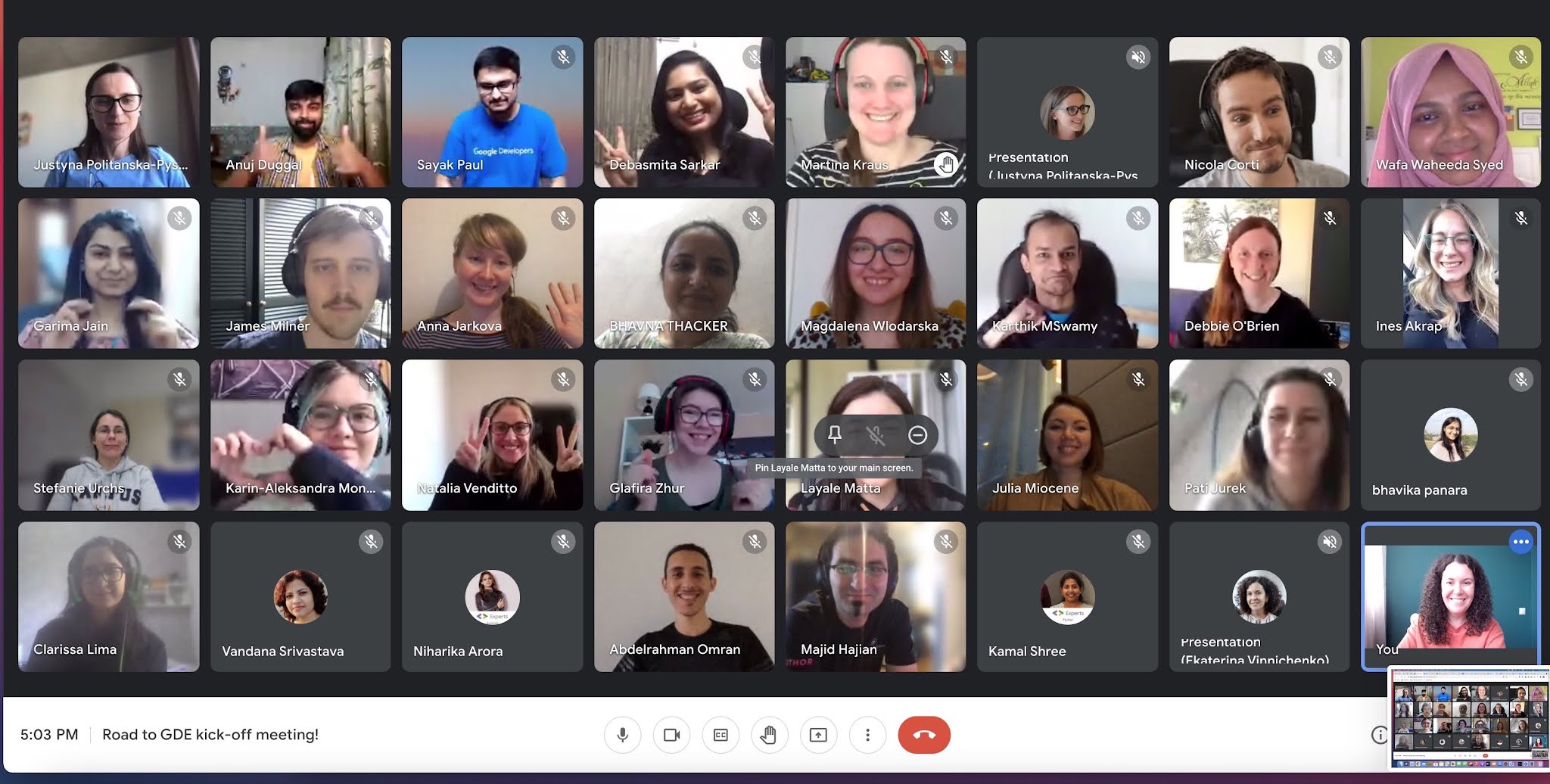
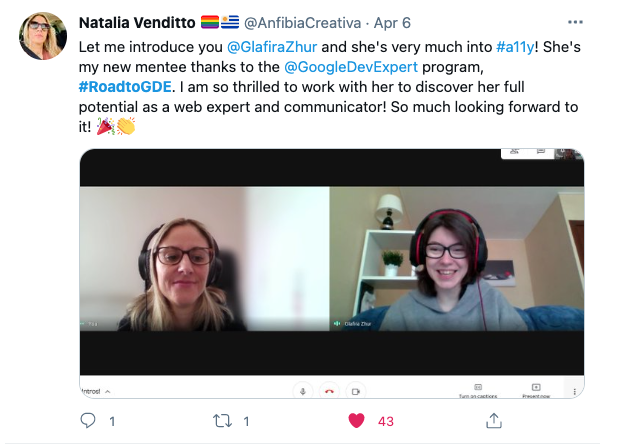

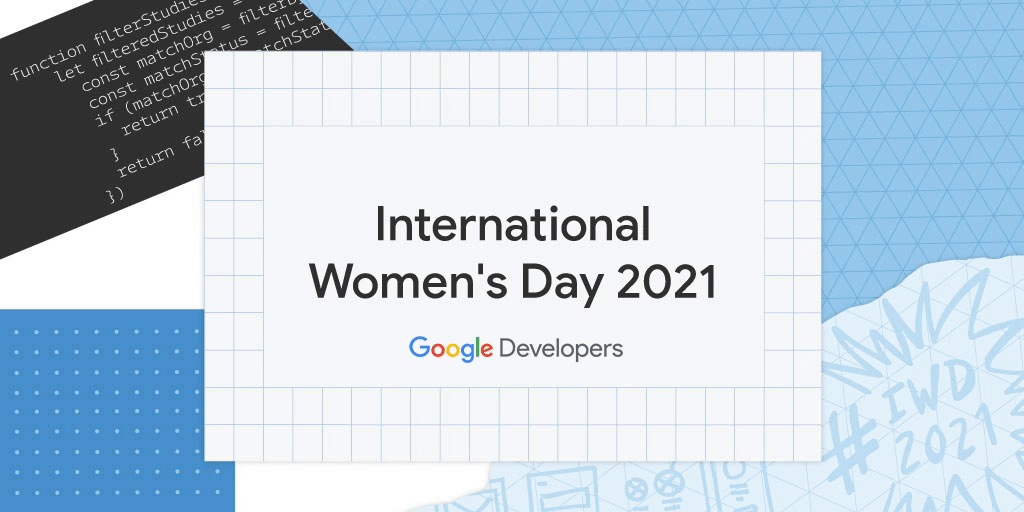
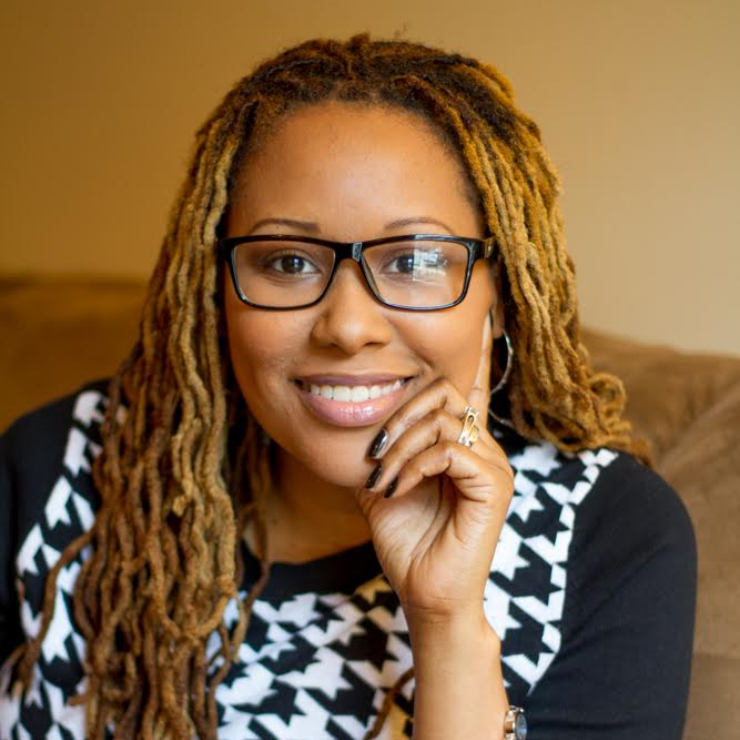





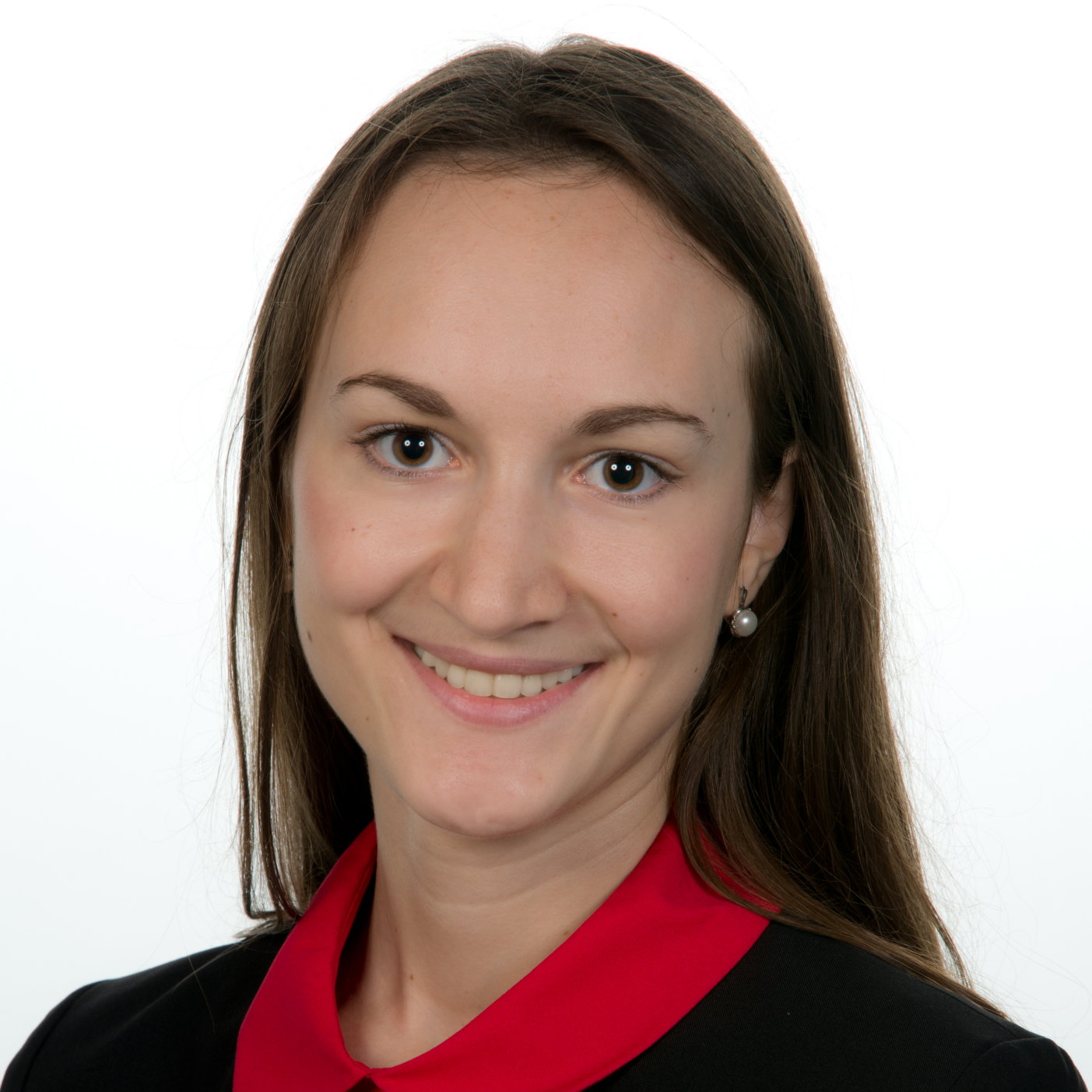

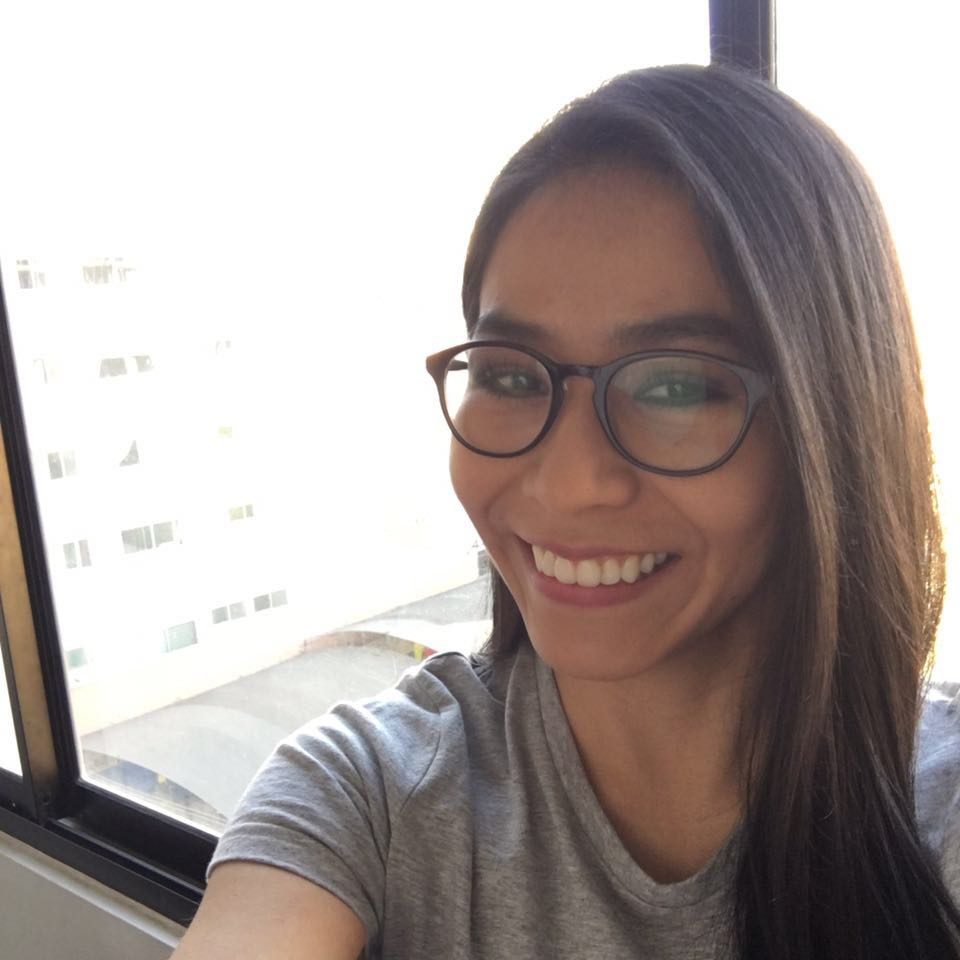
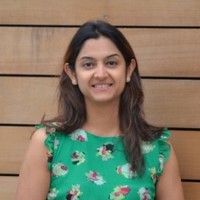




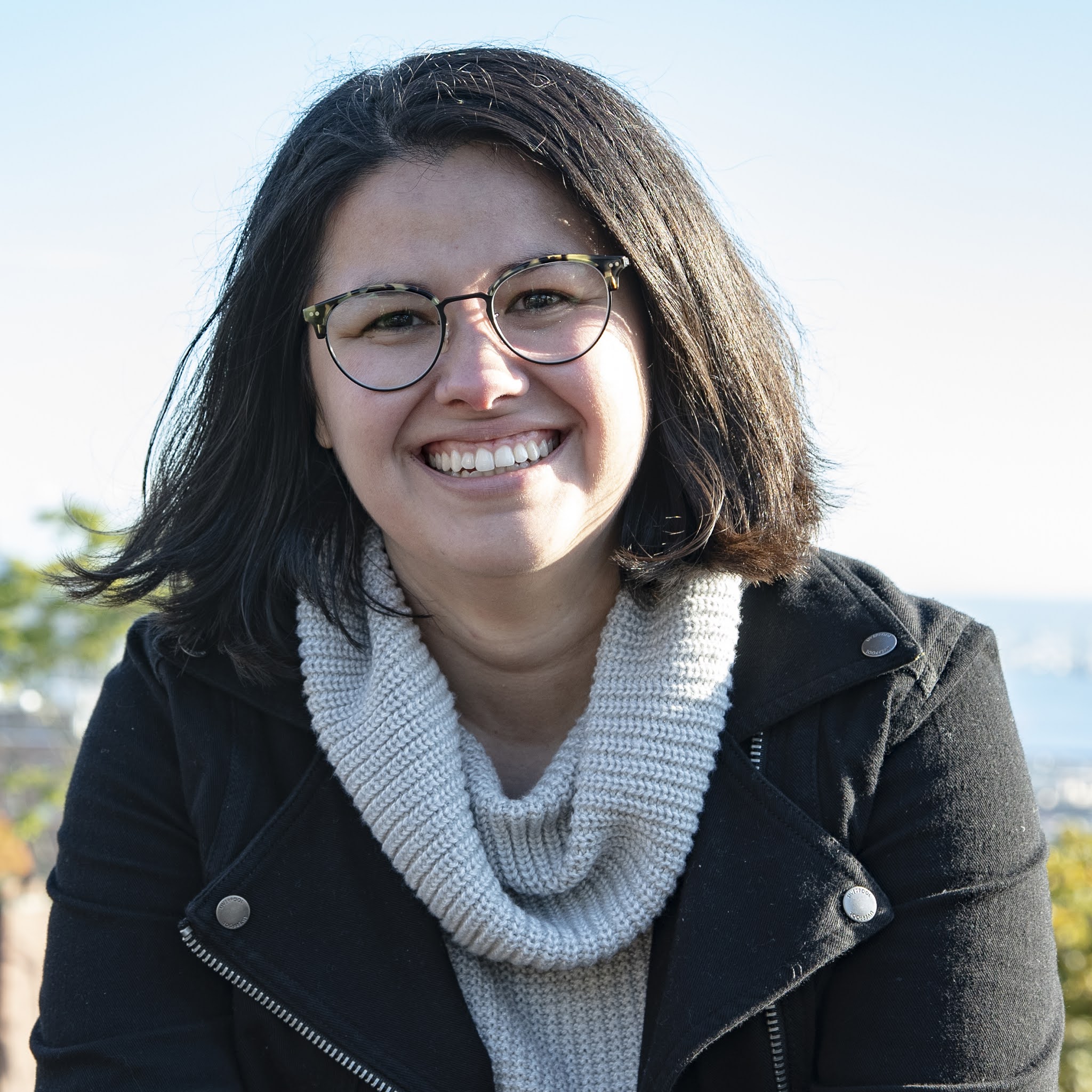
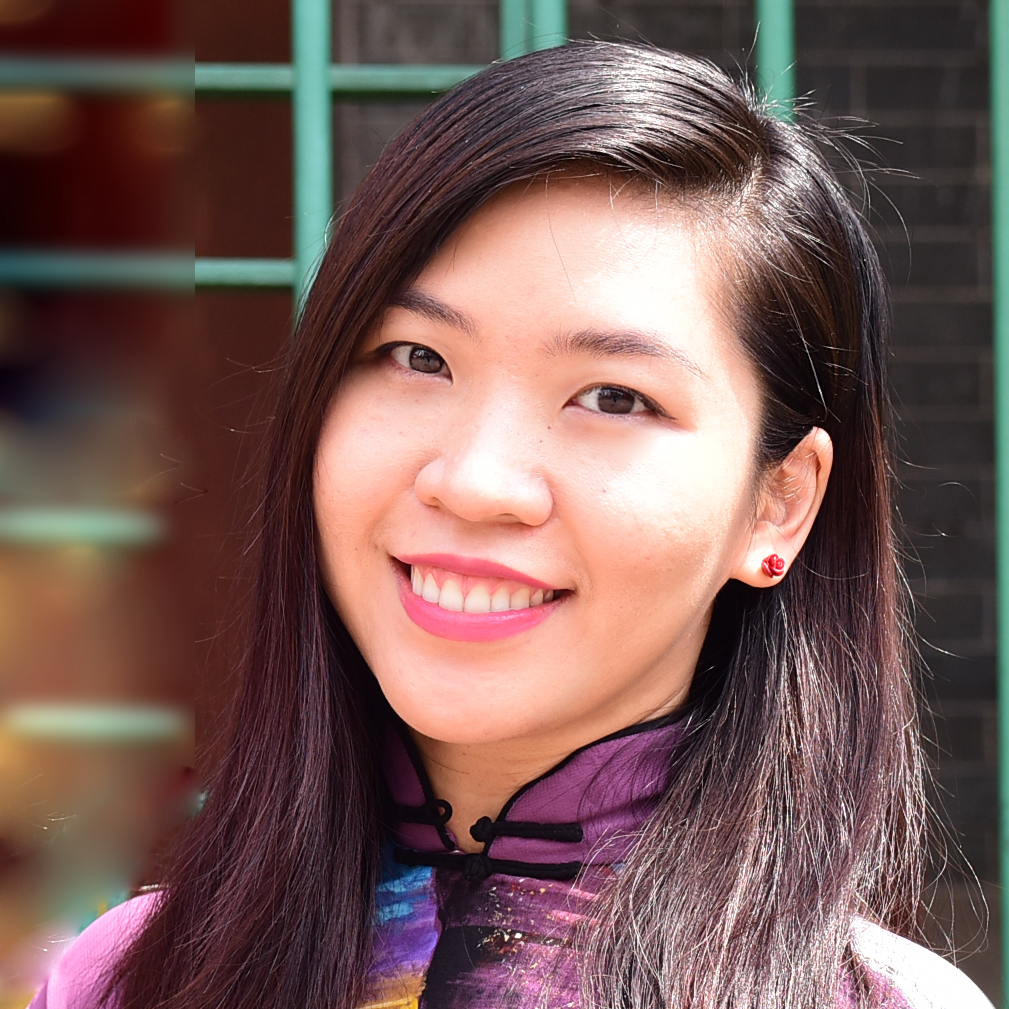
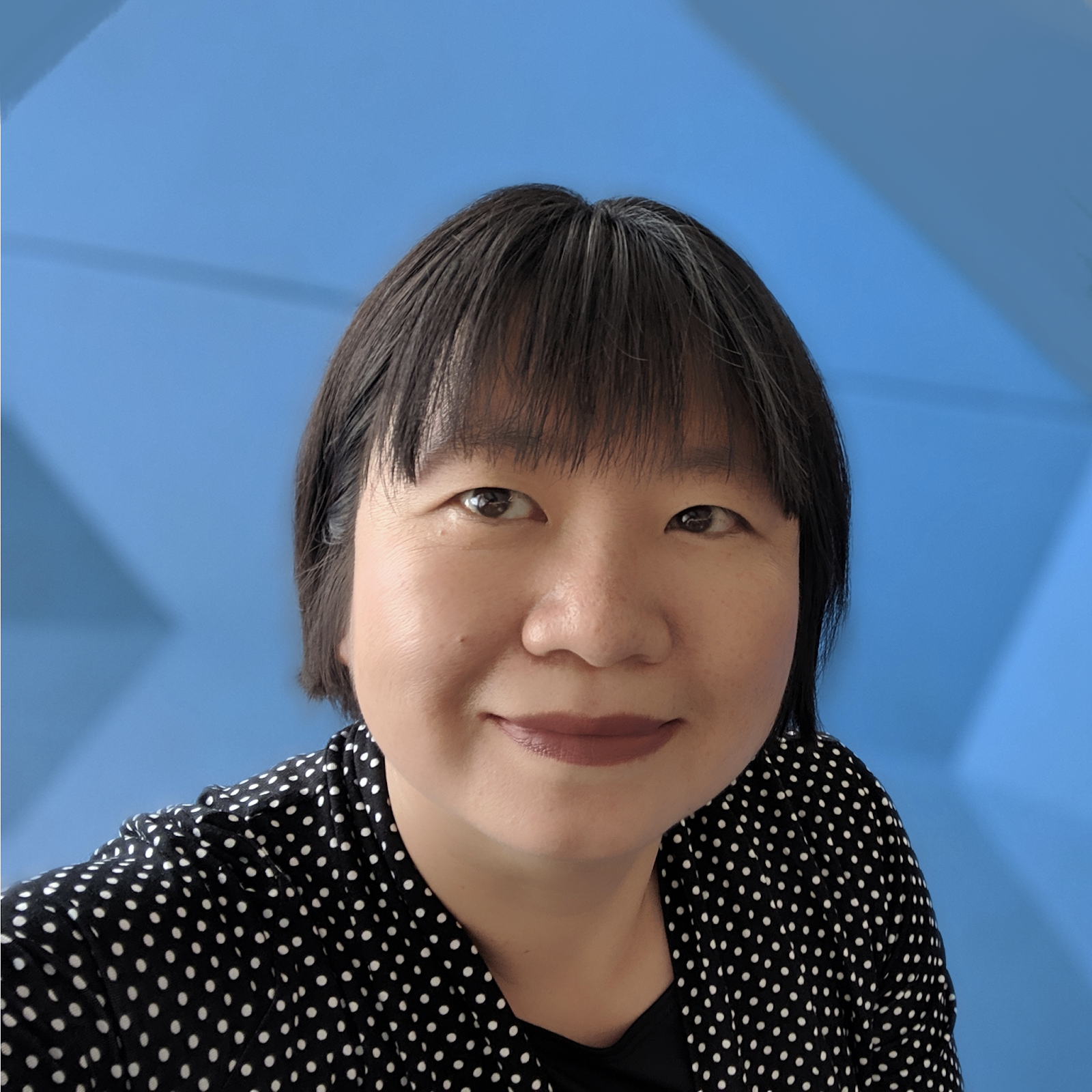
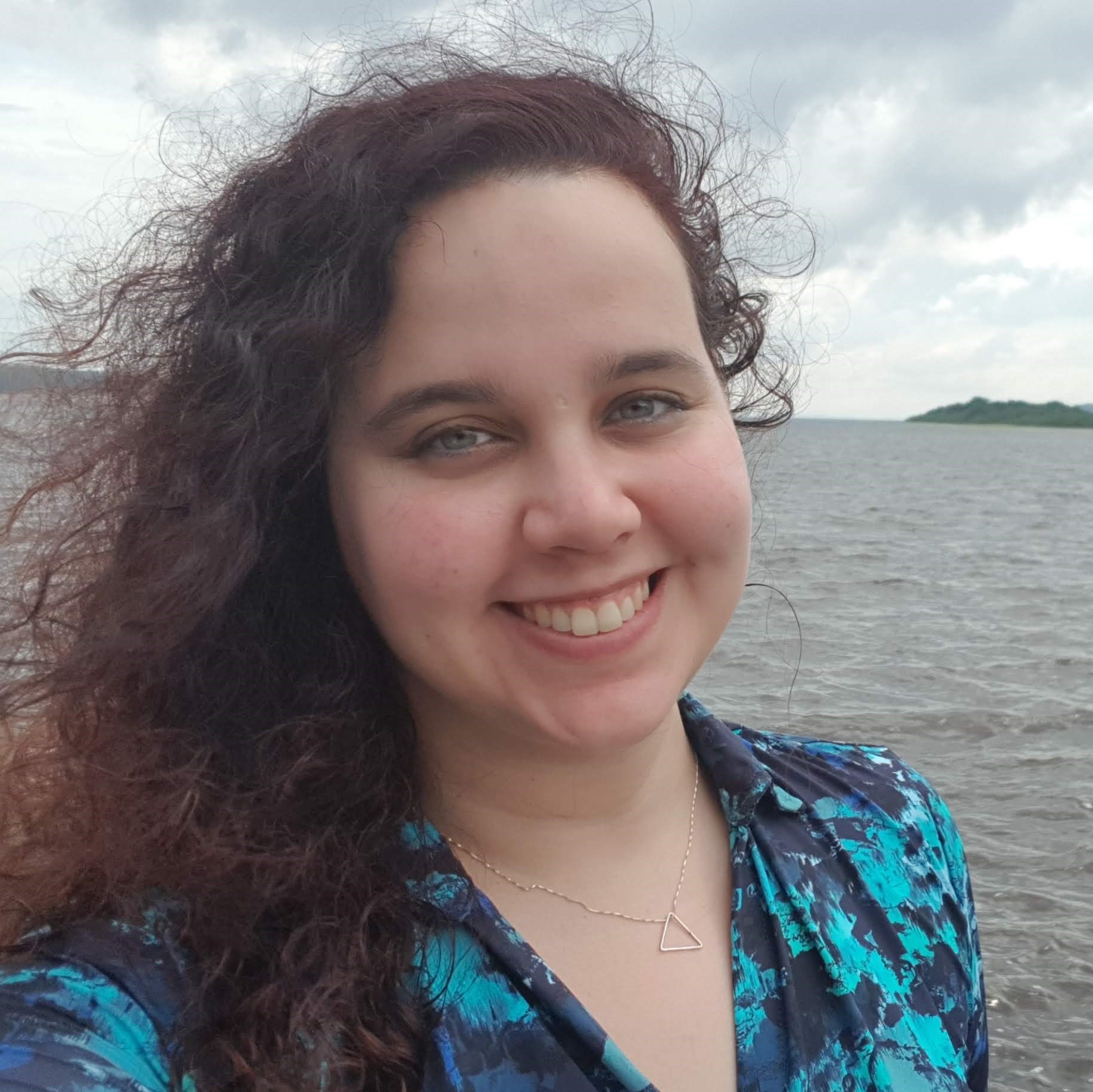
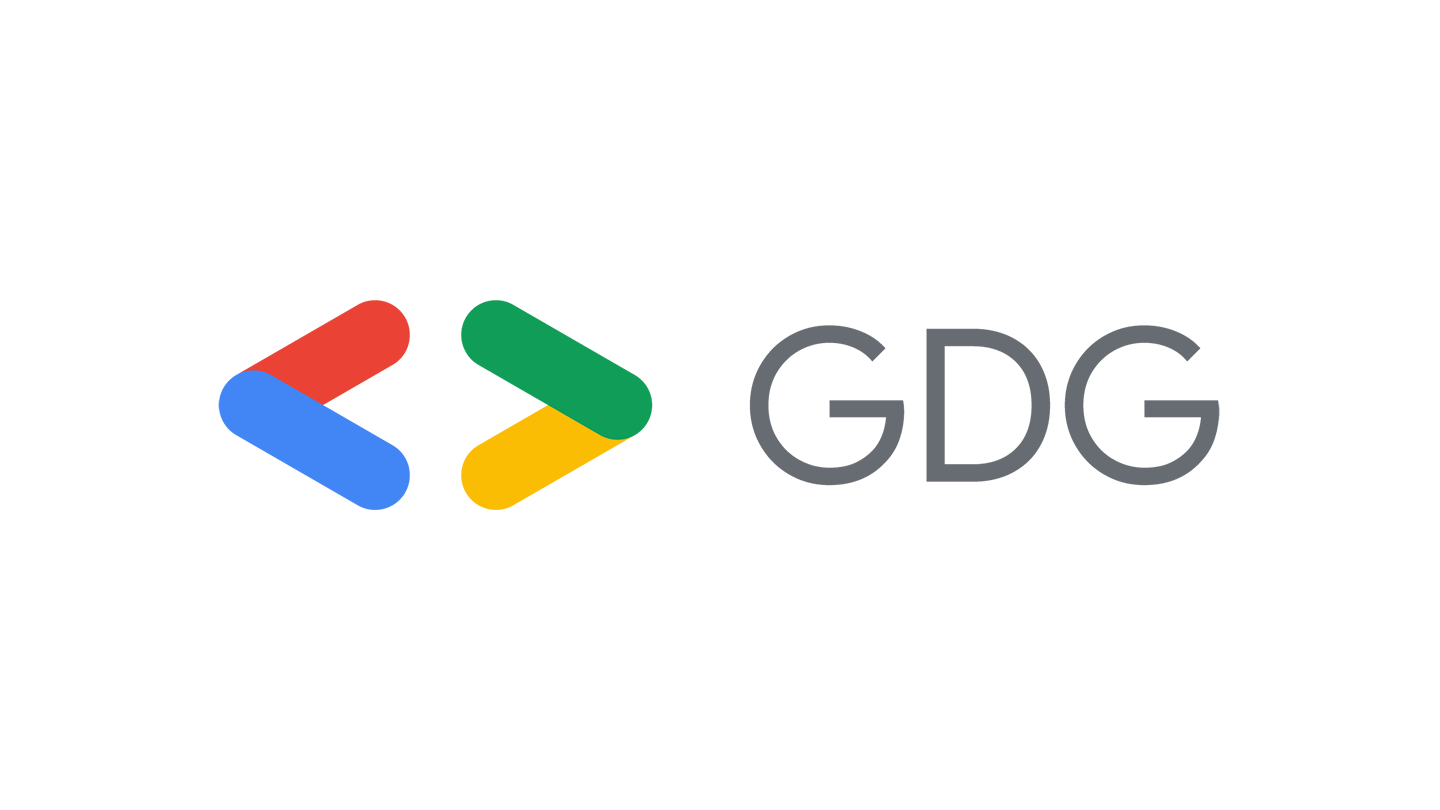



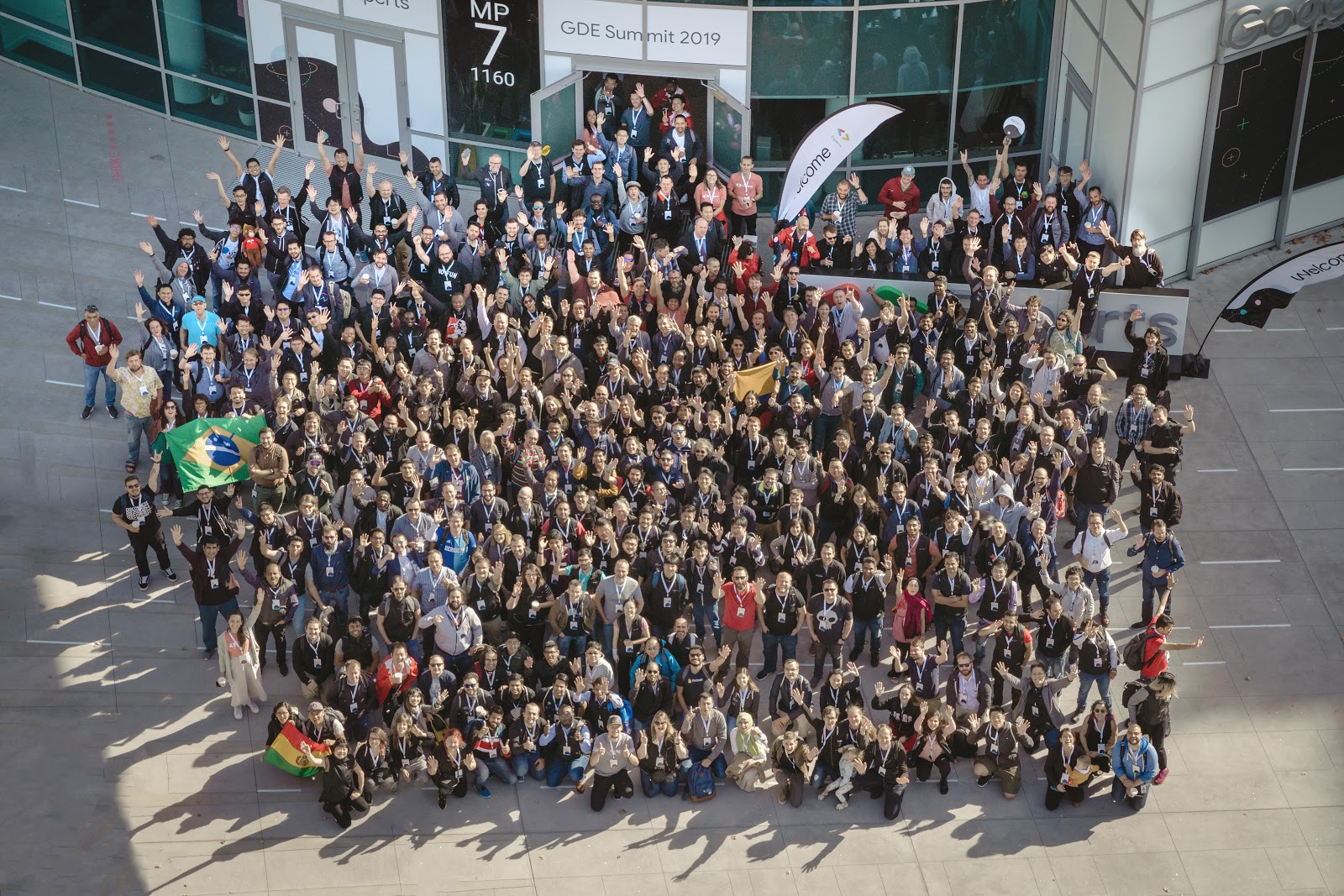 Posted by Charles Maxson, Developer Advocate, Google Cloud
Posted by Charles Maxson, Developer Advocate, Google Cloud 